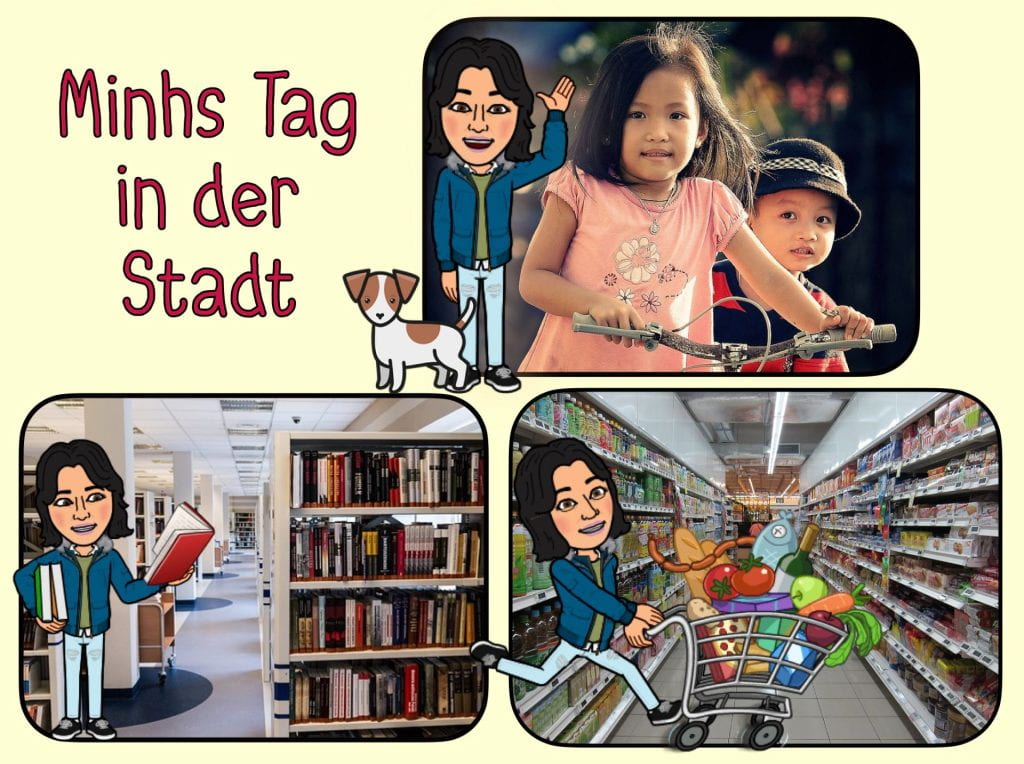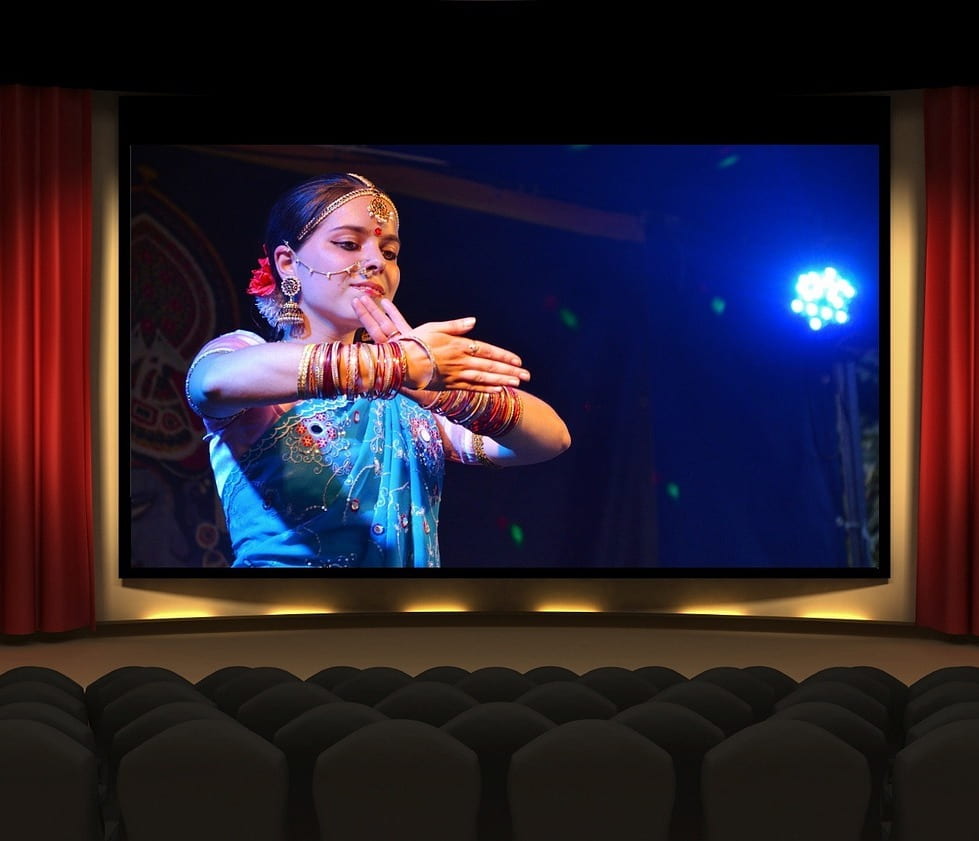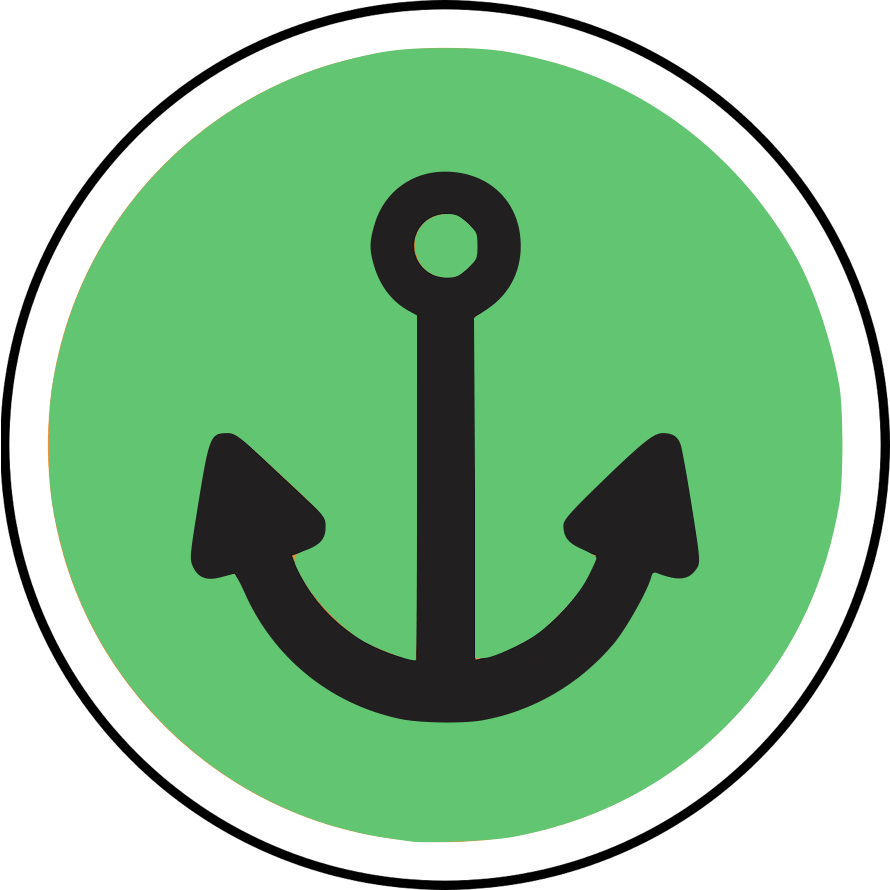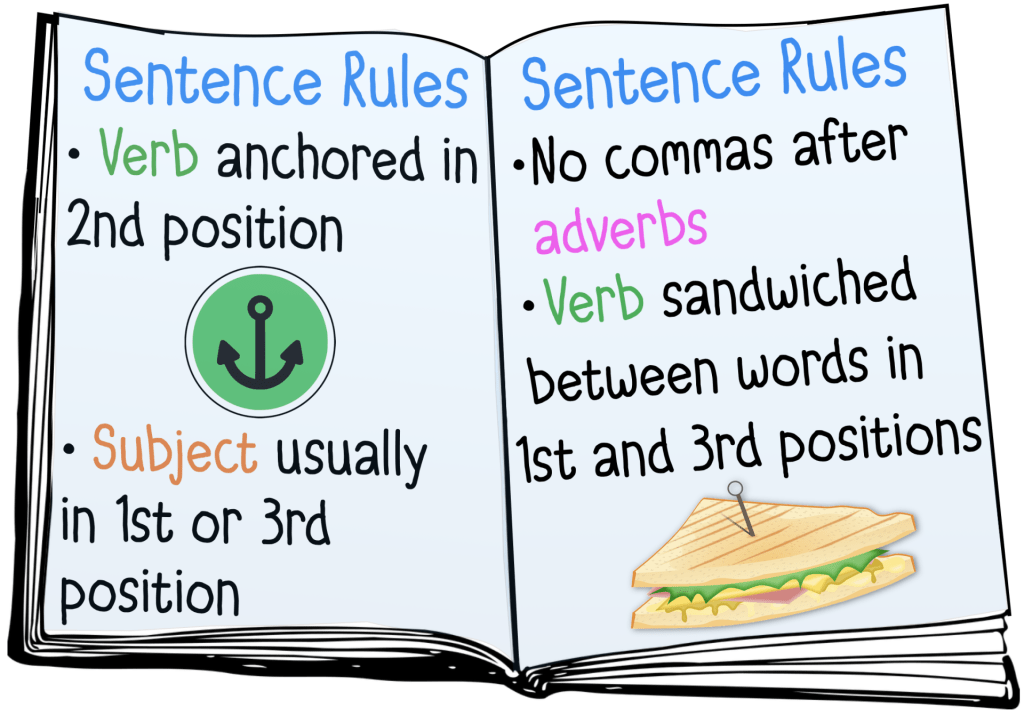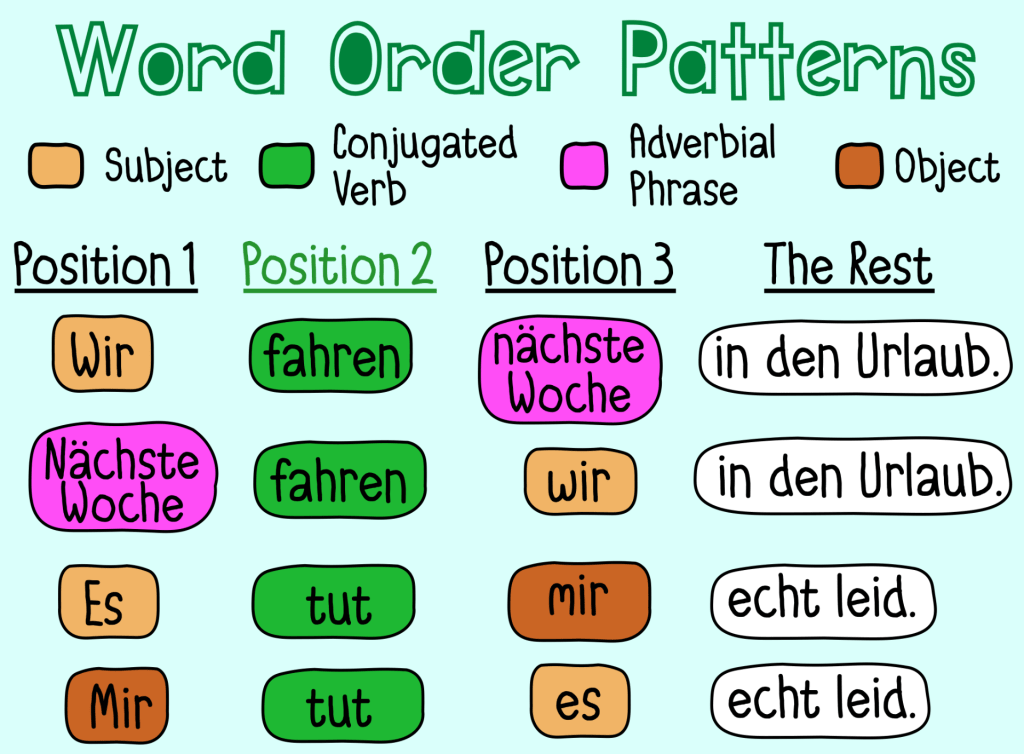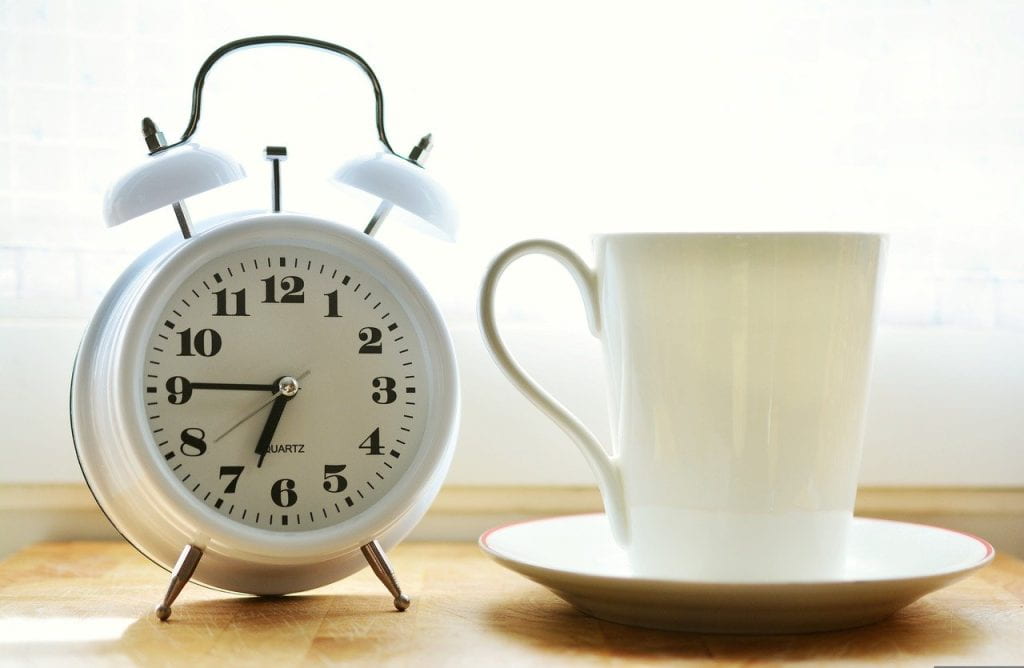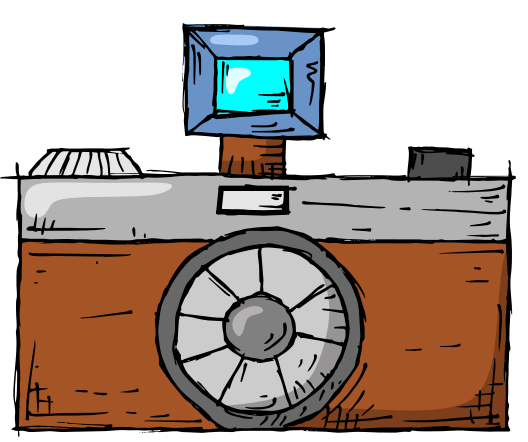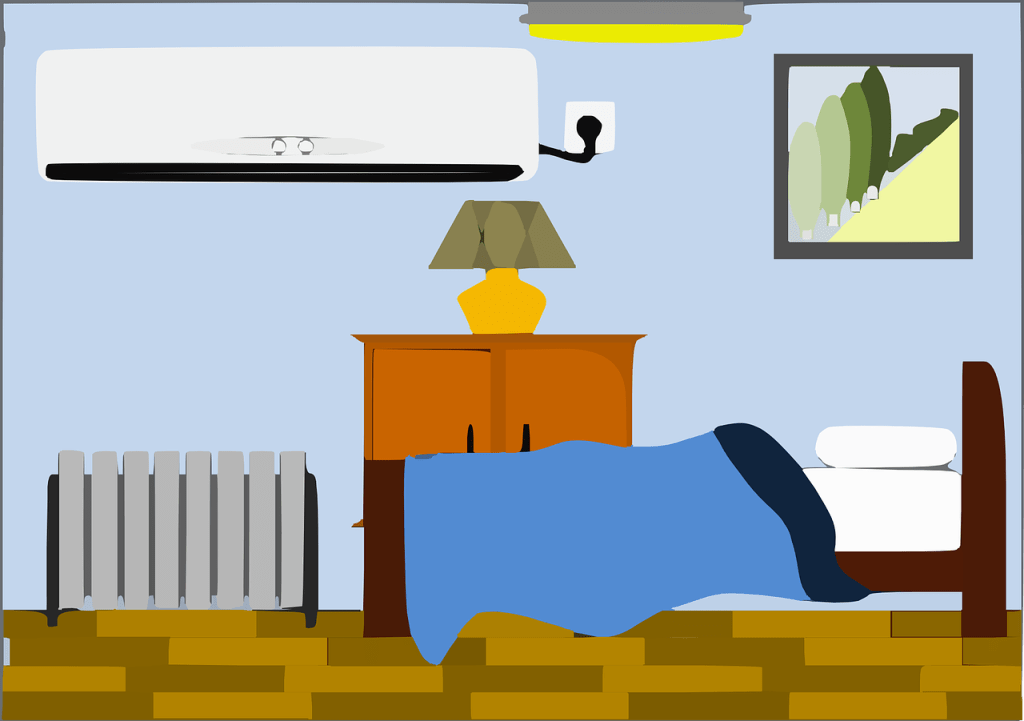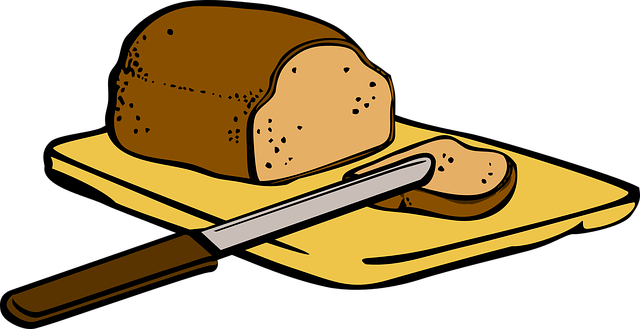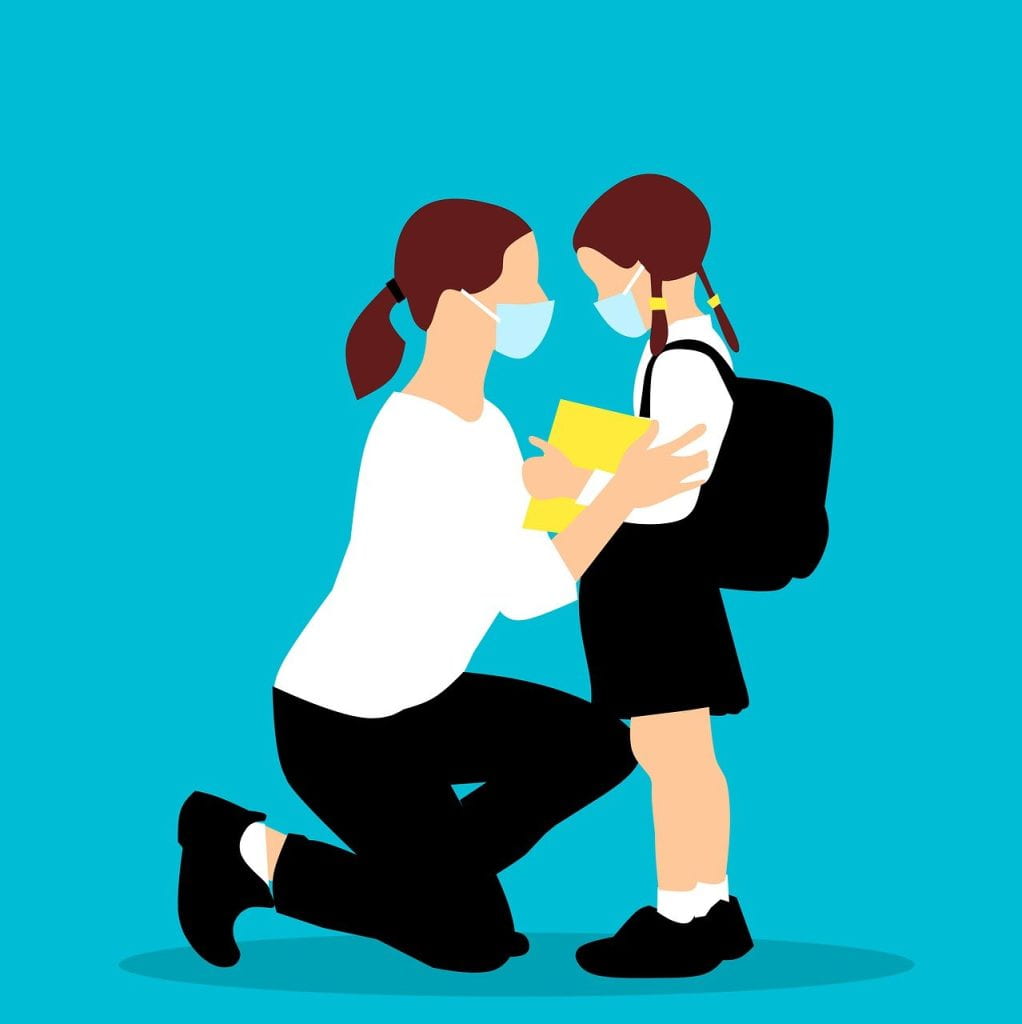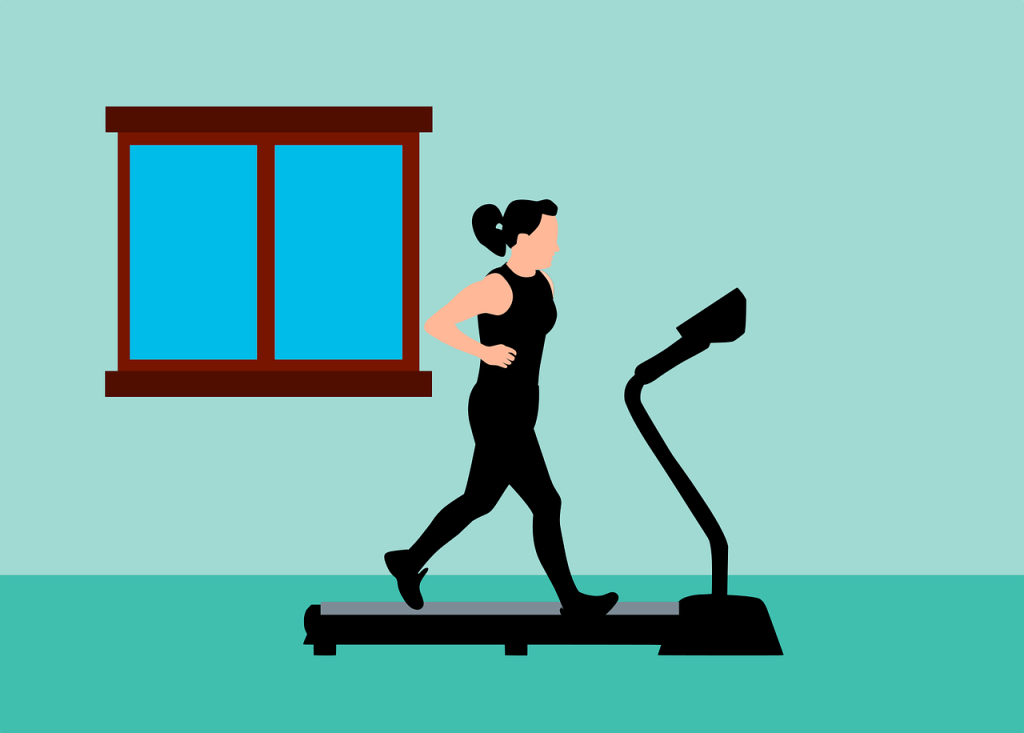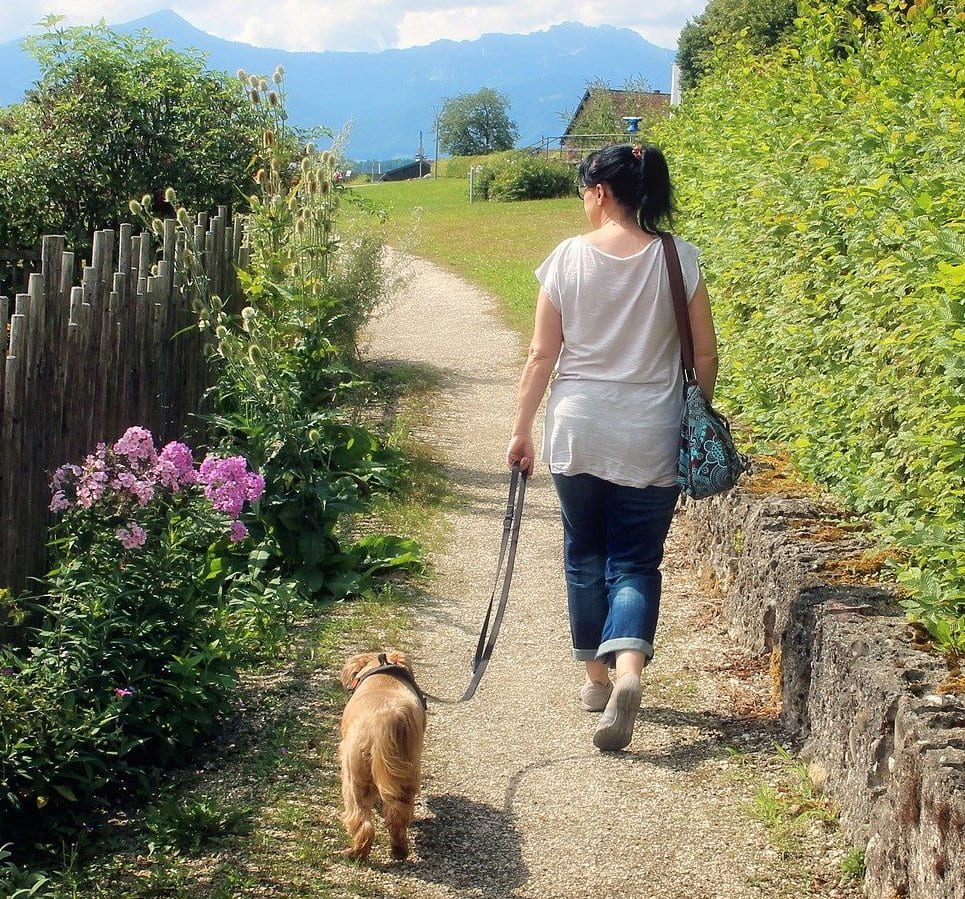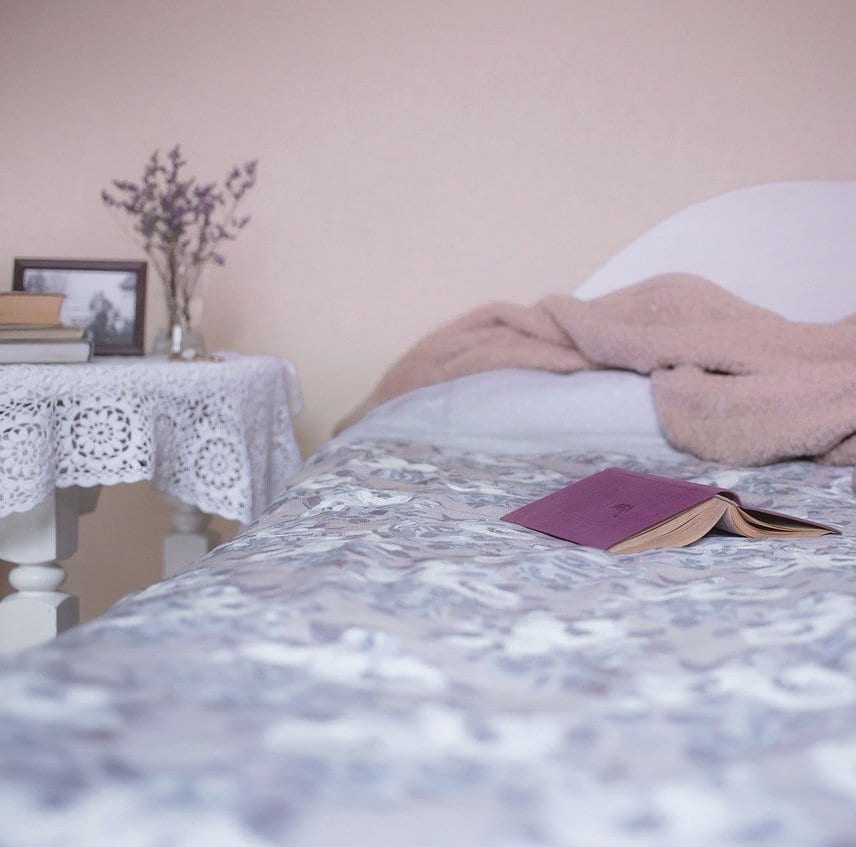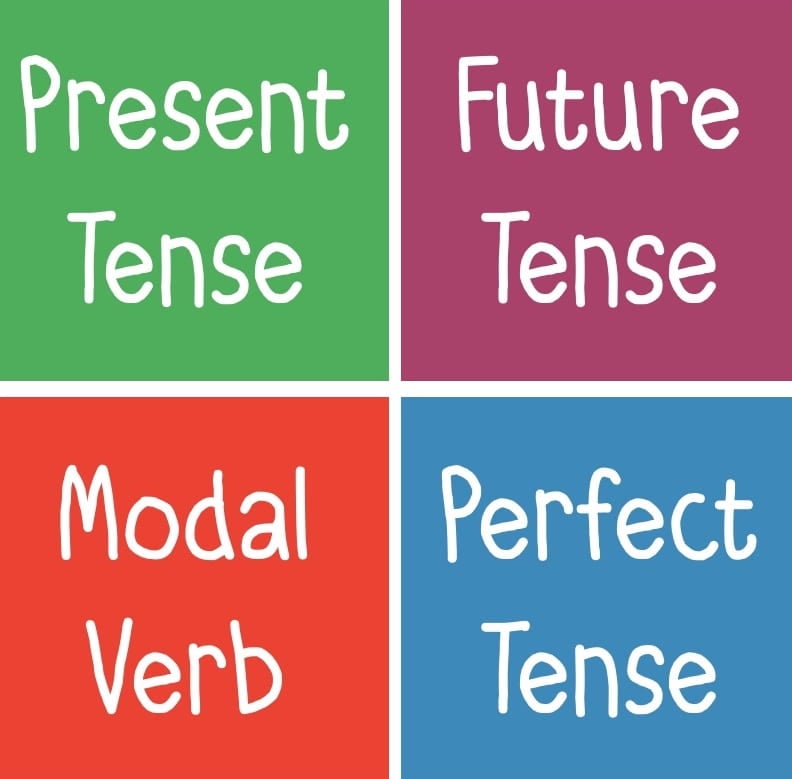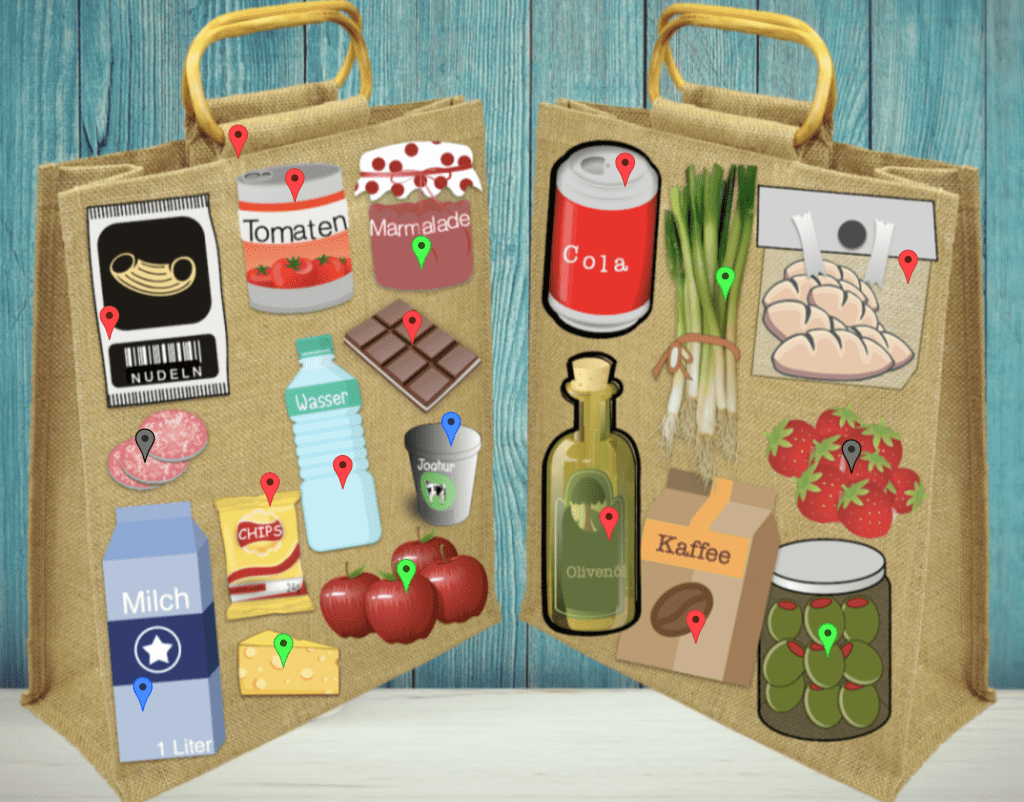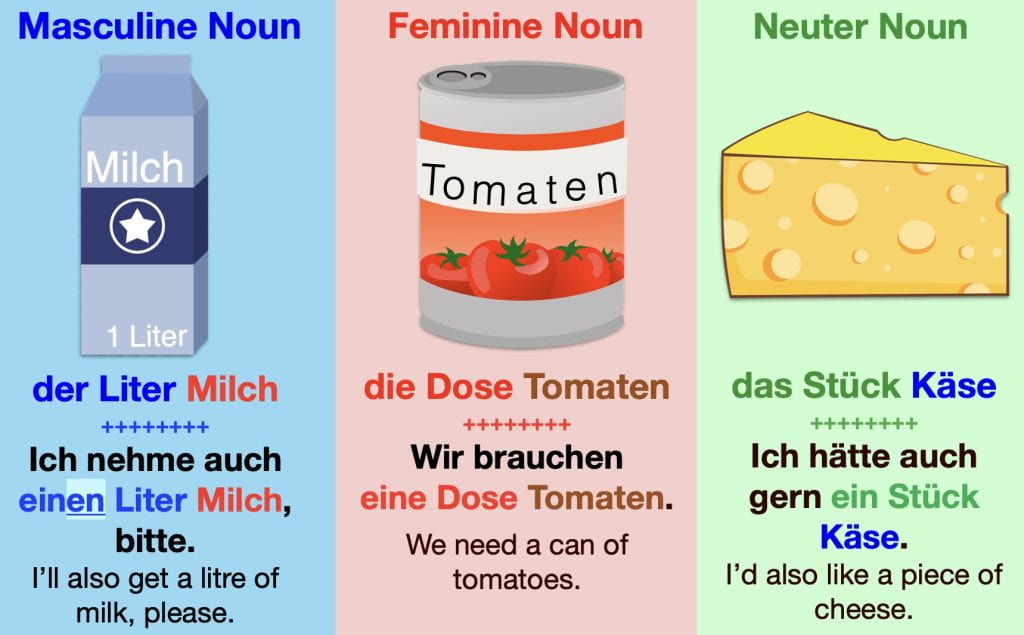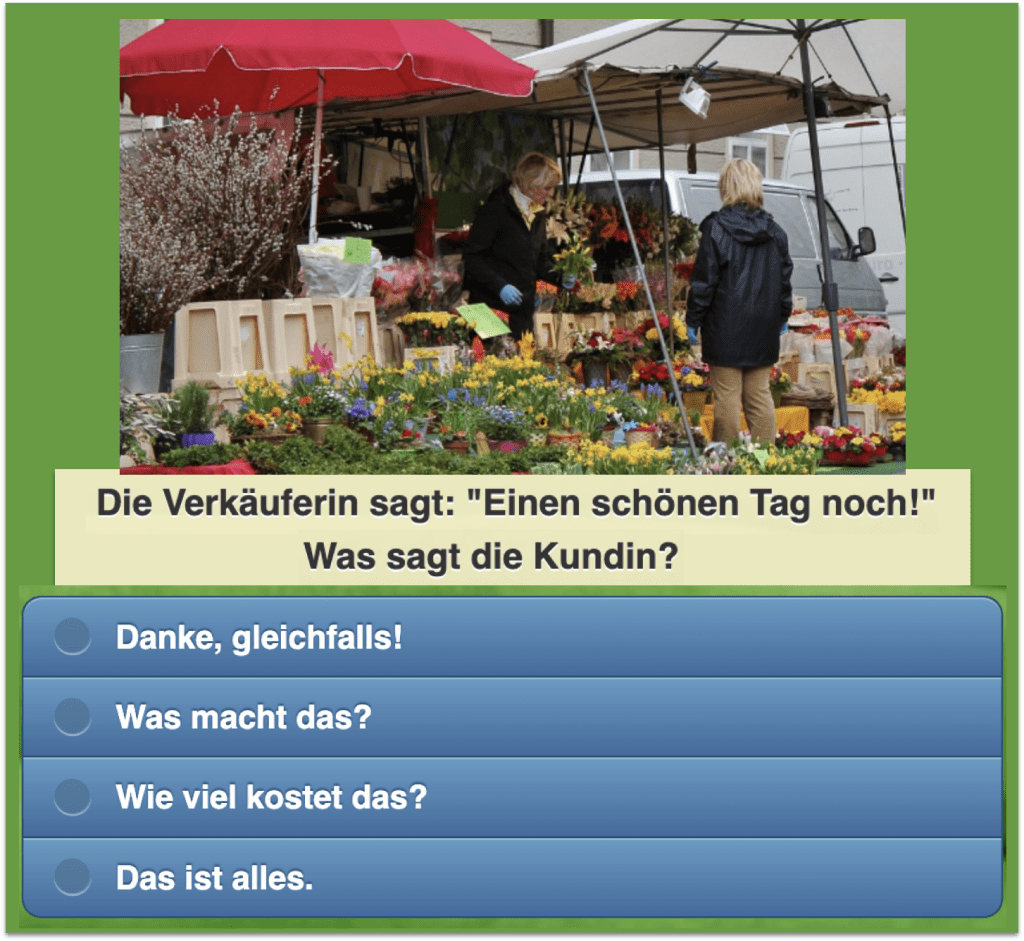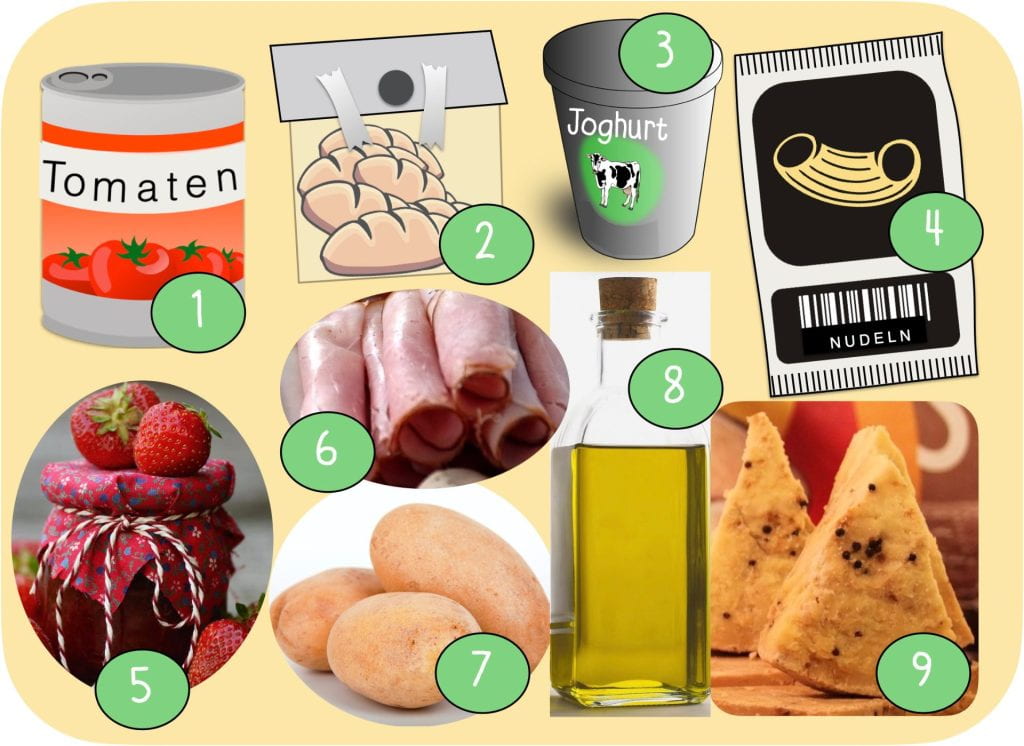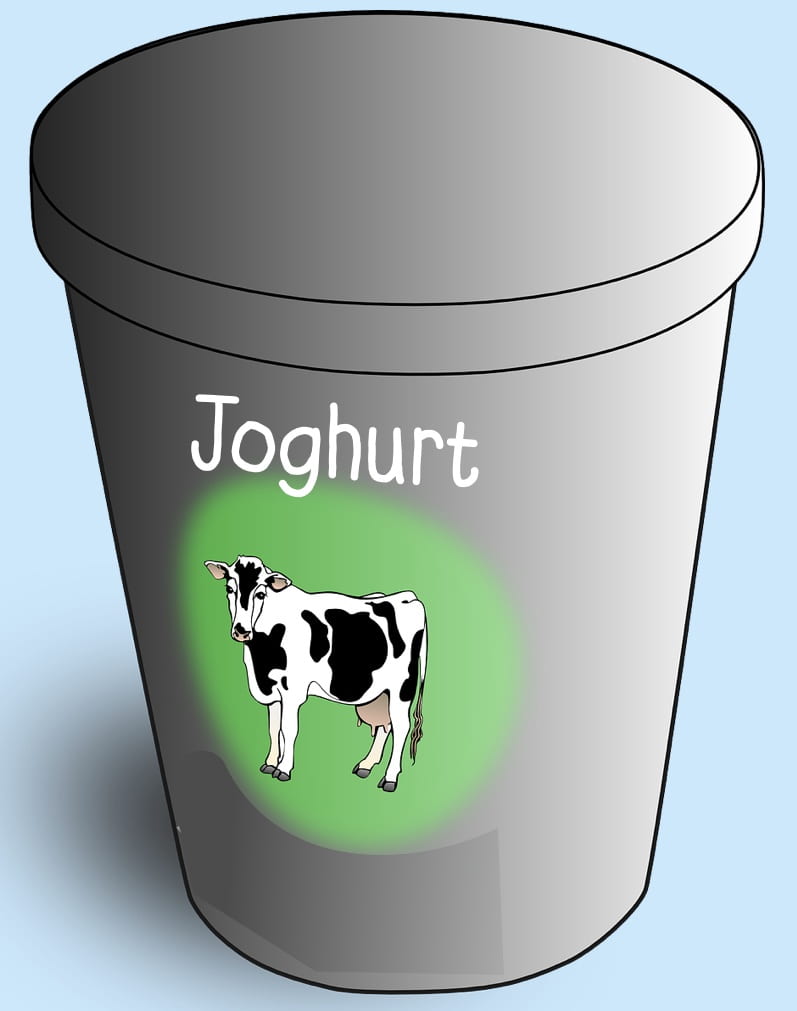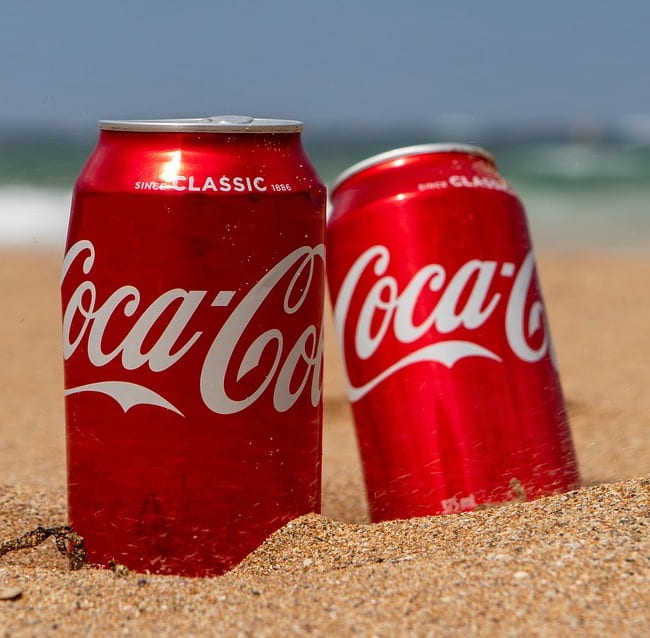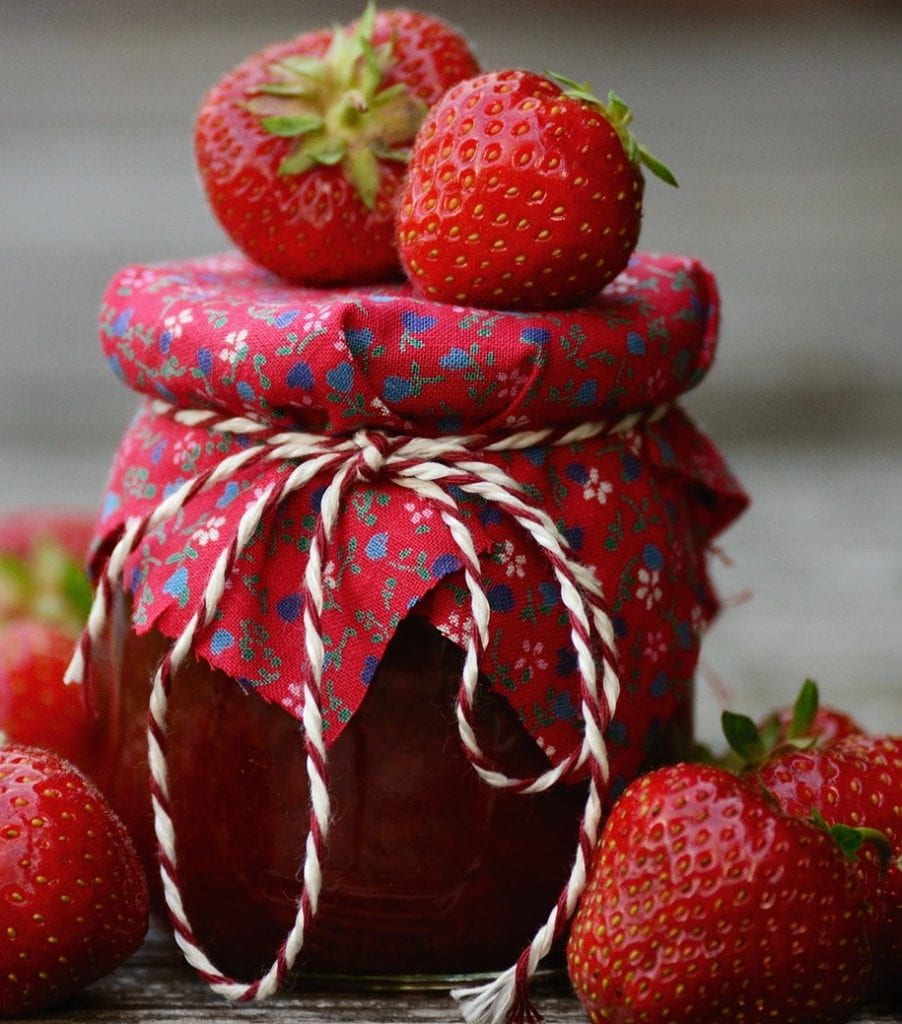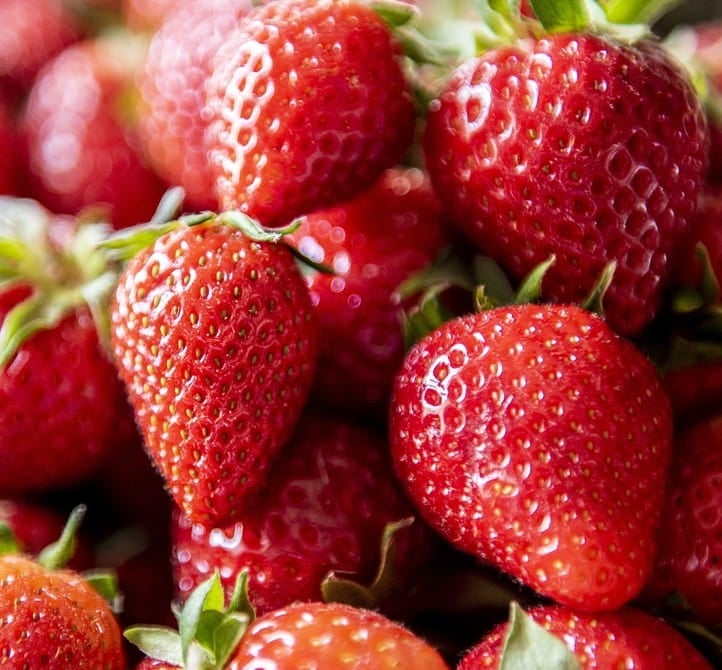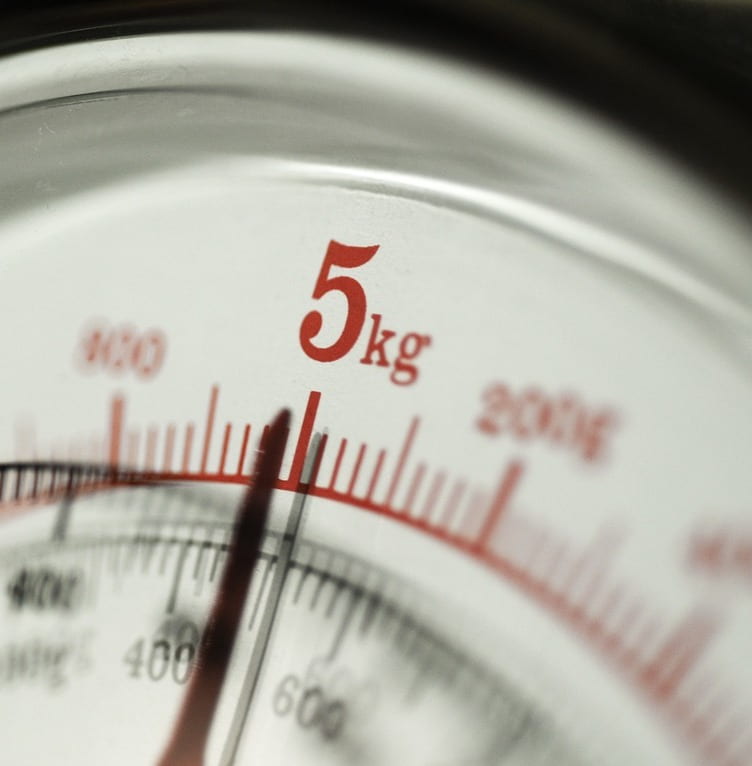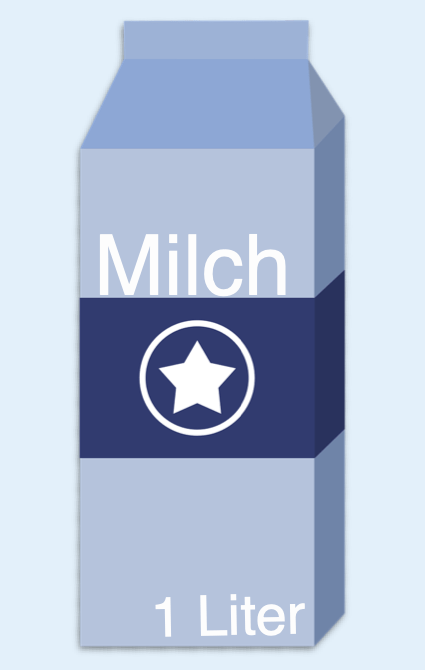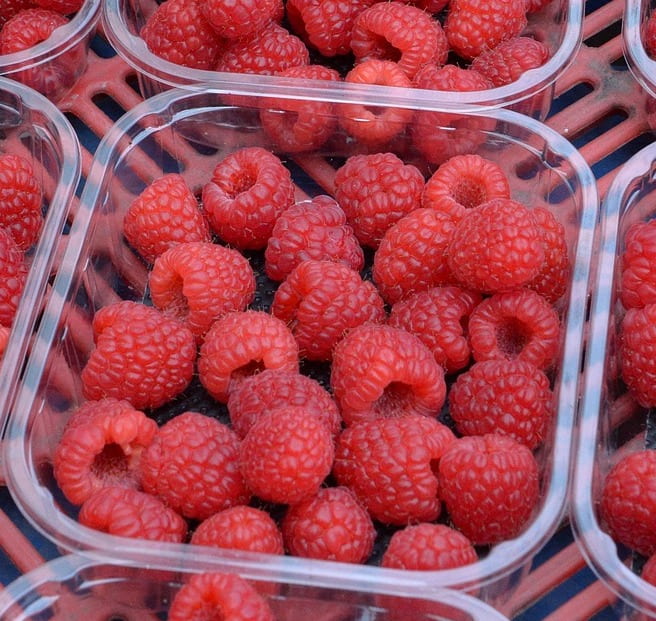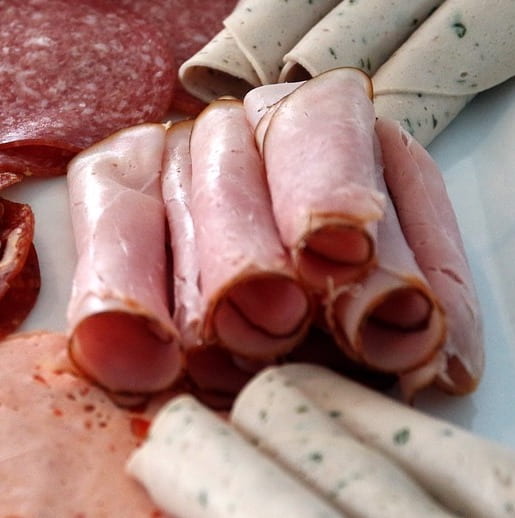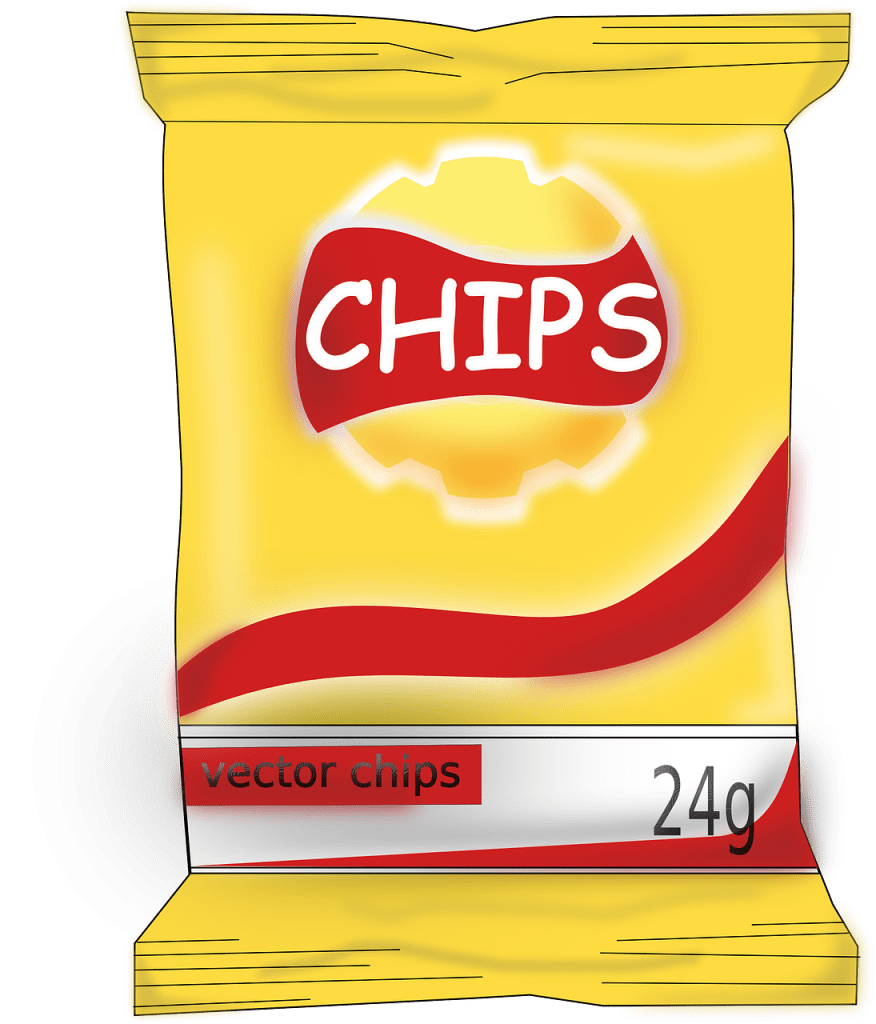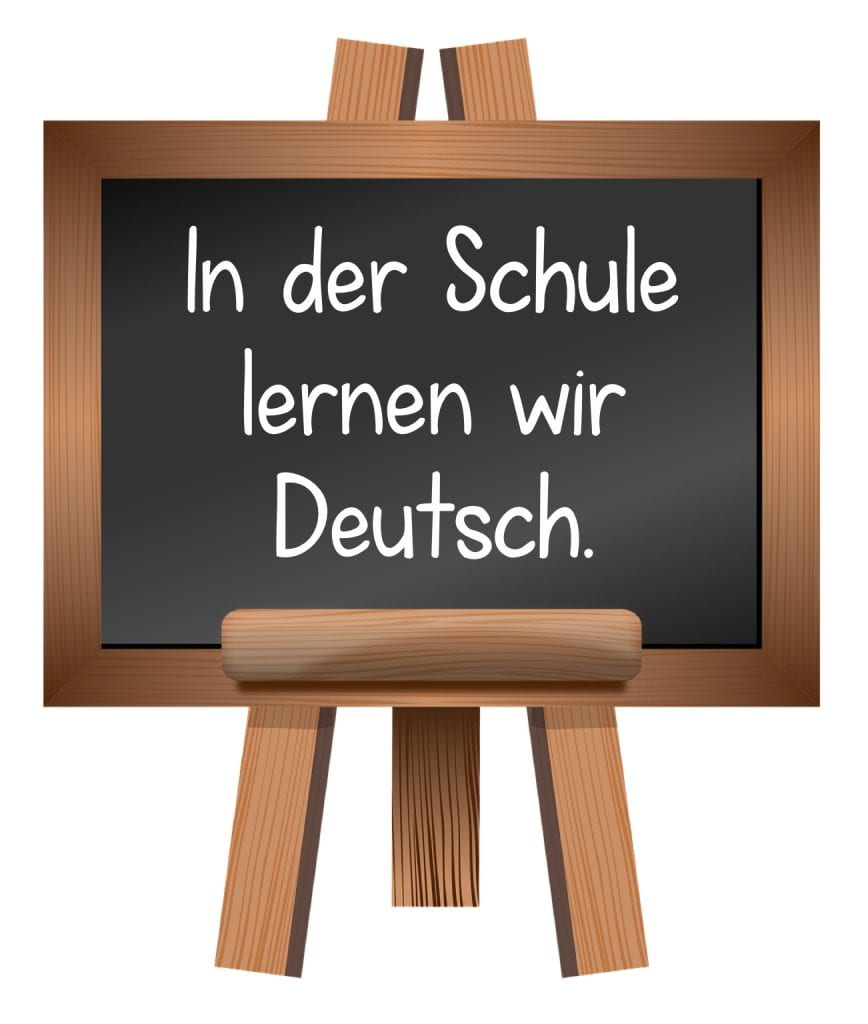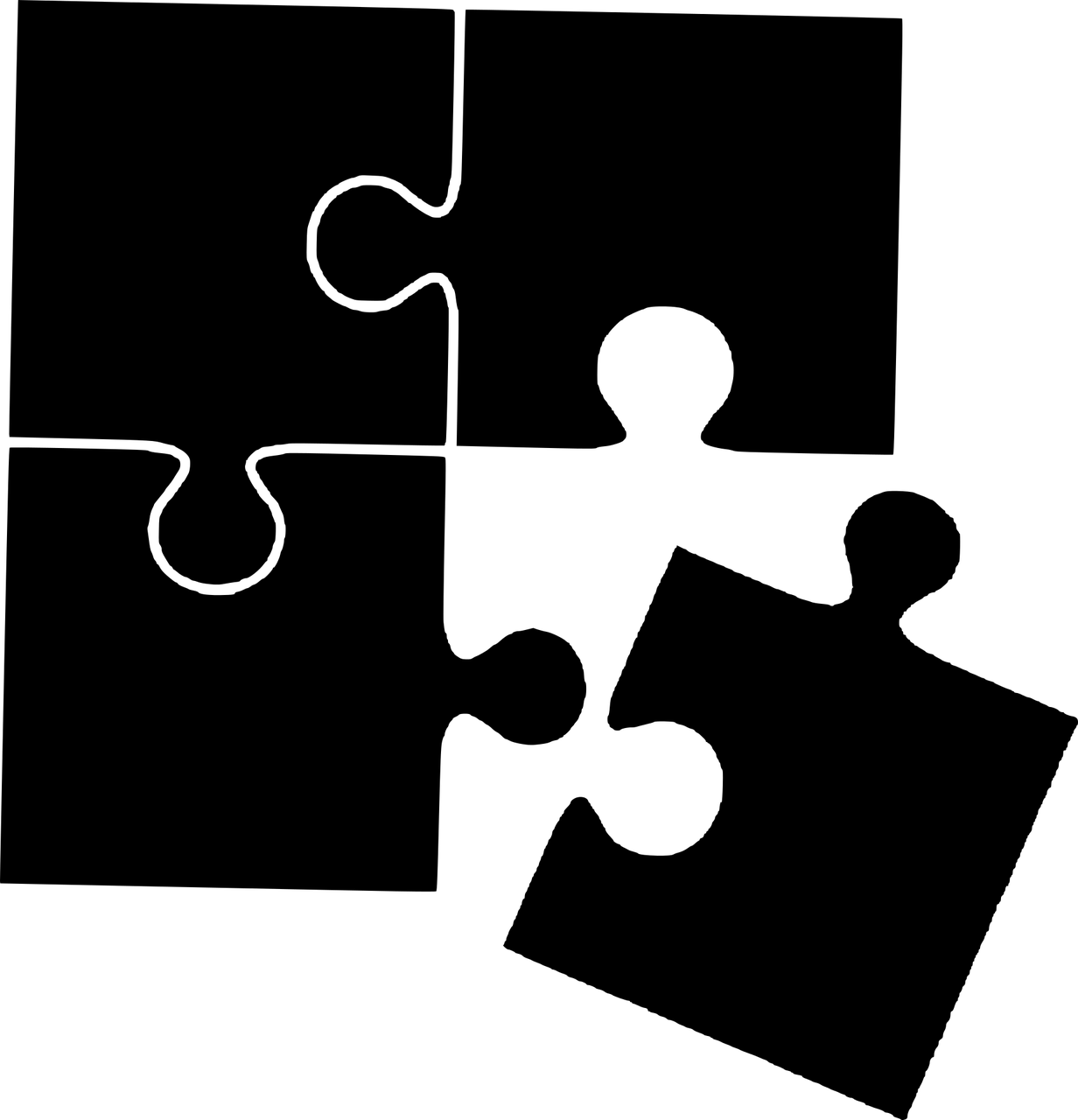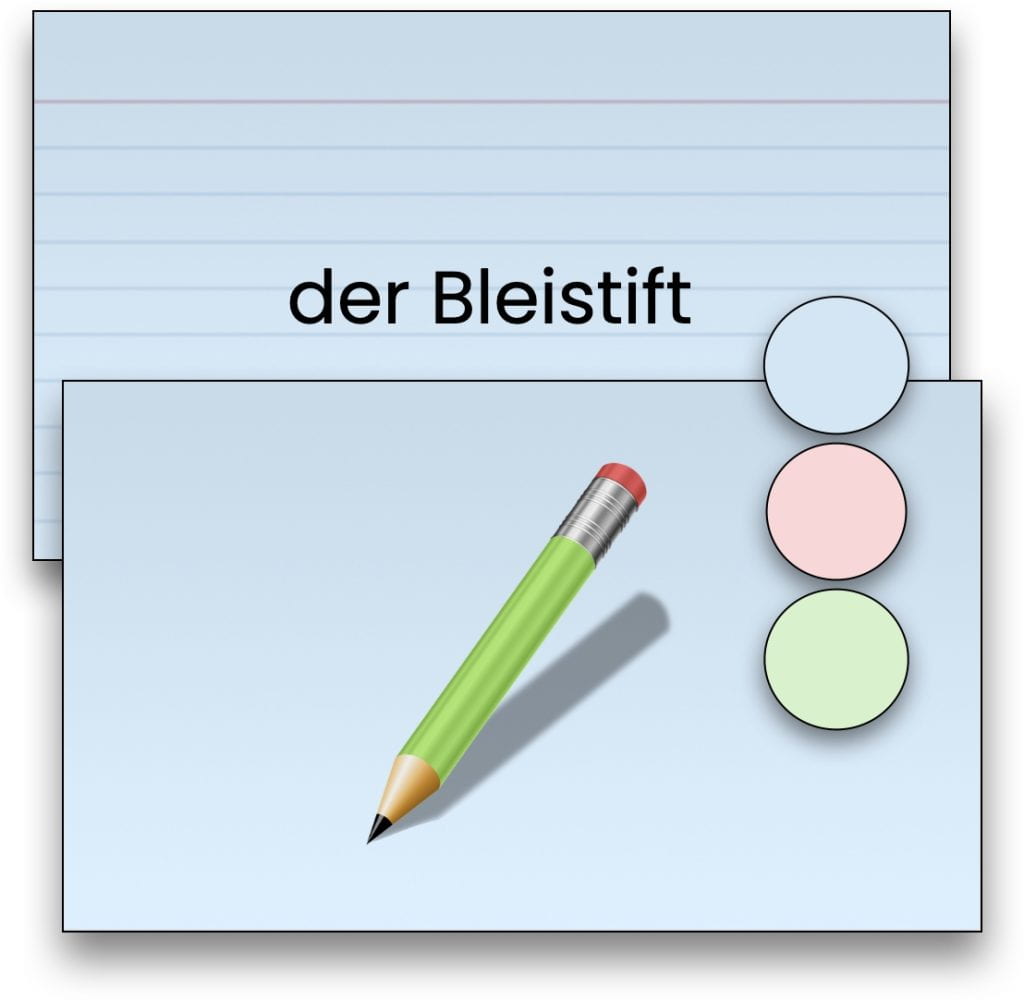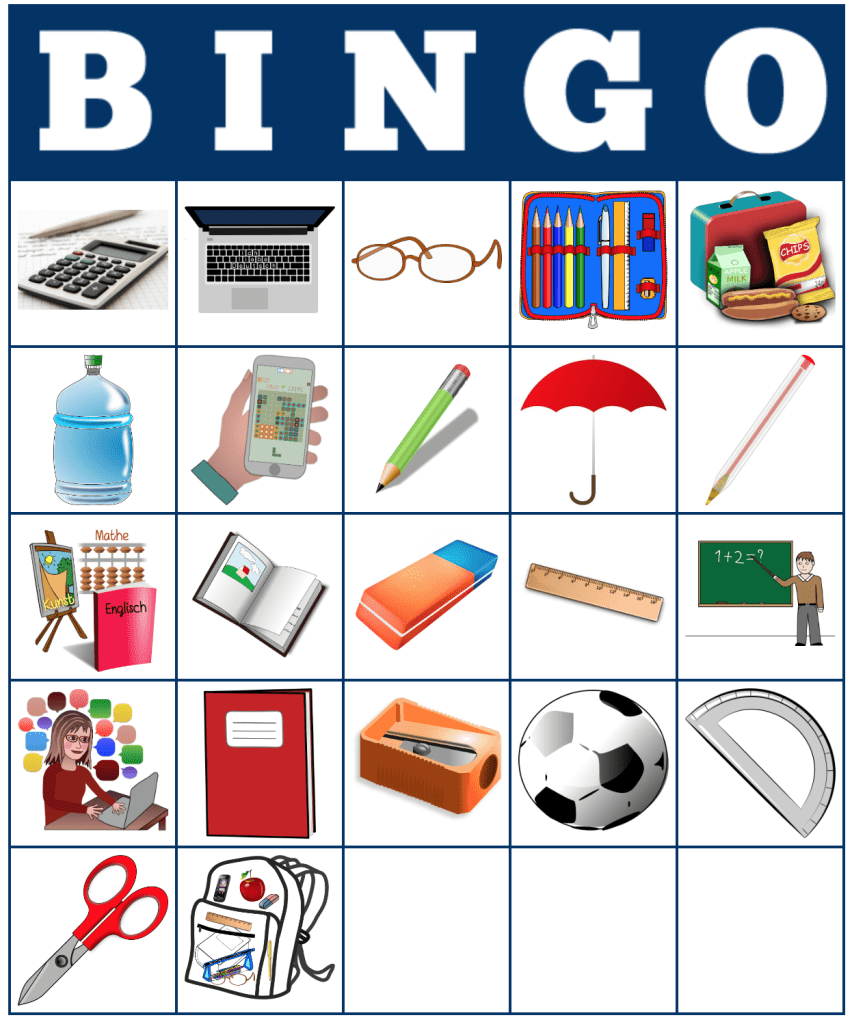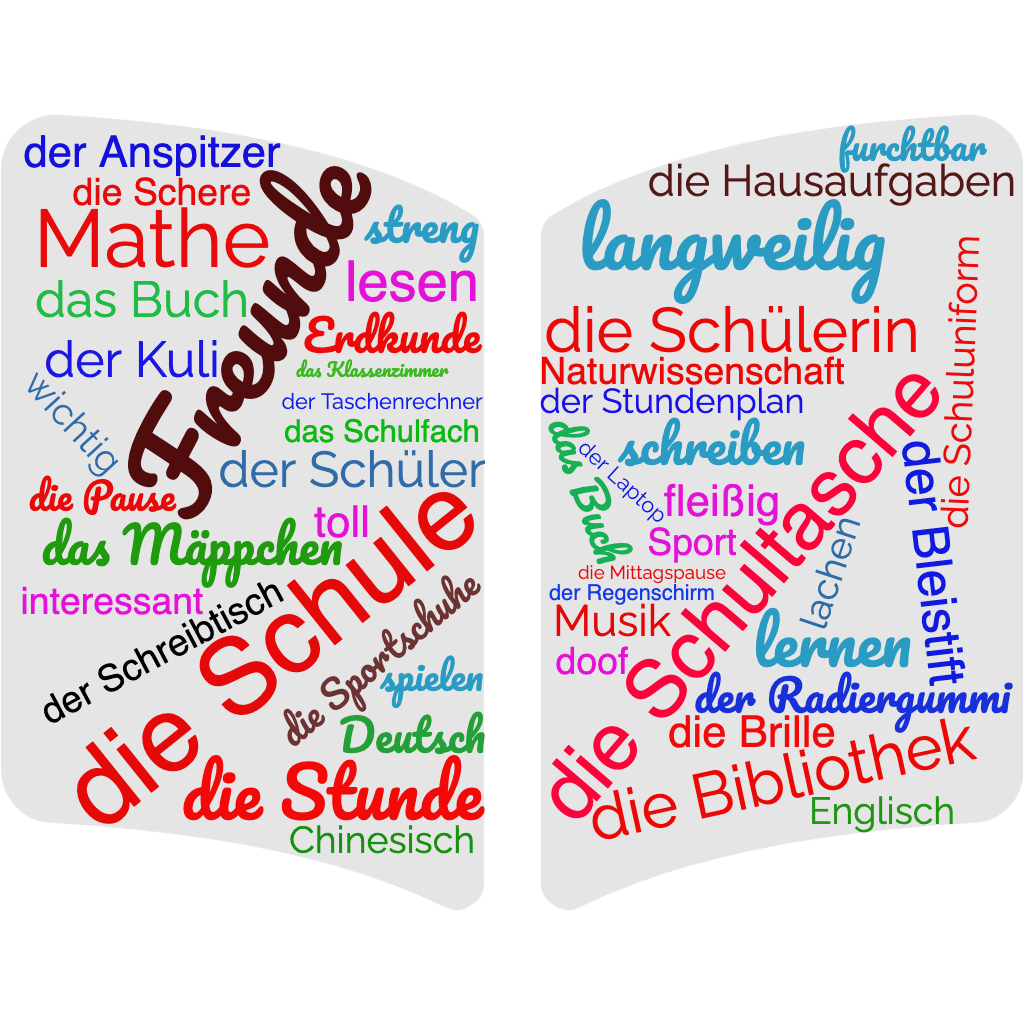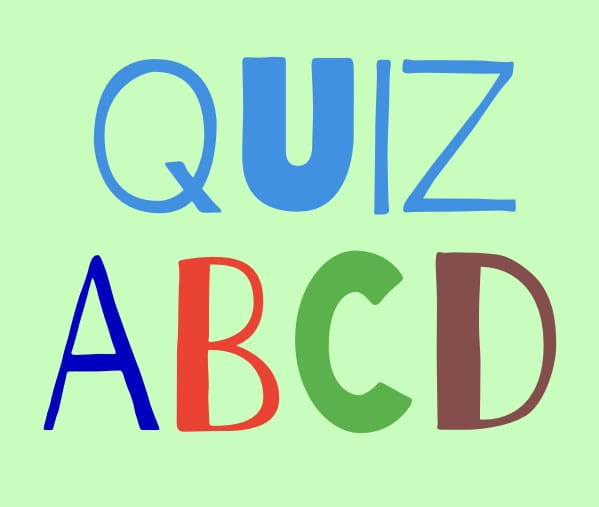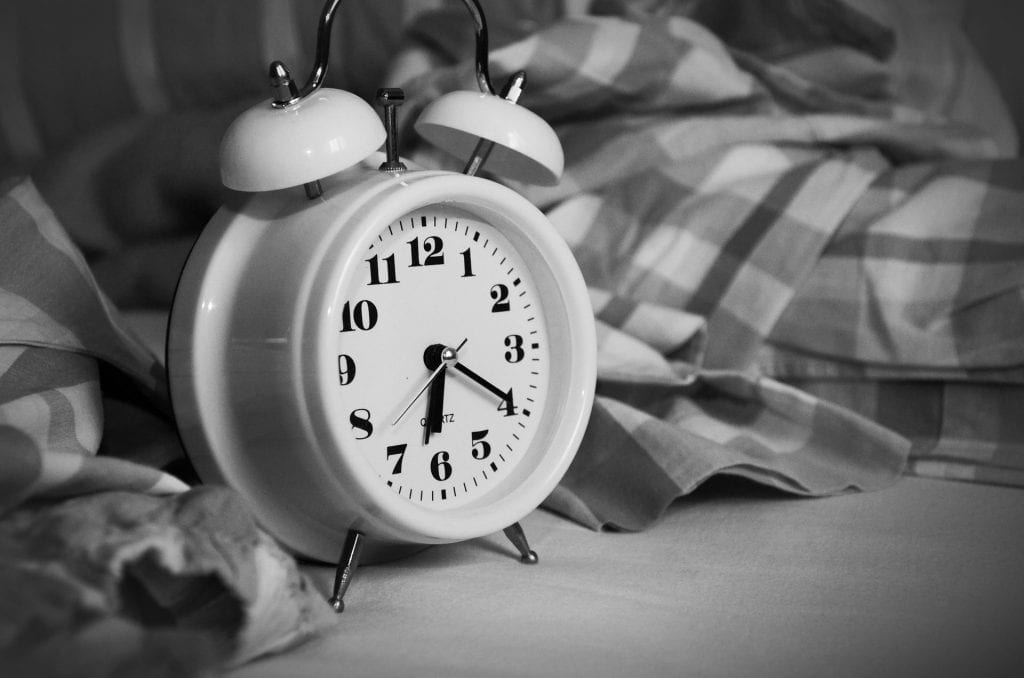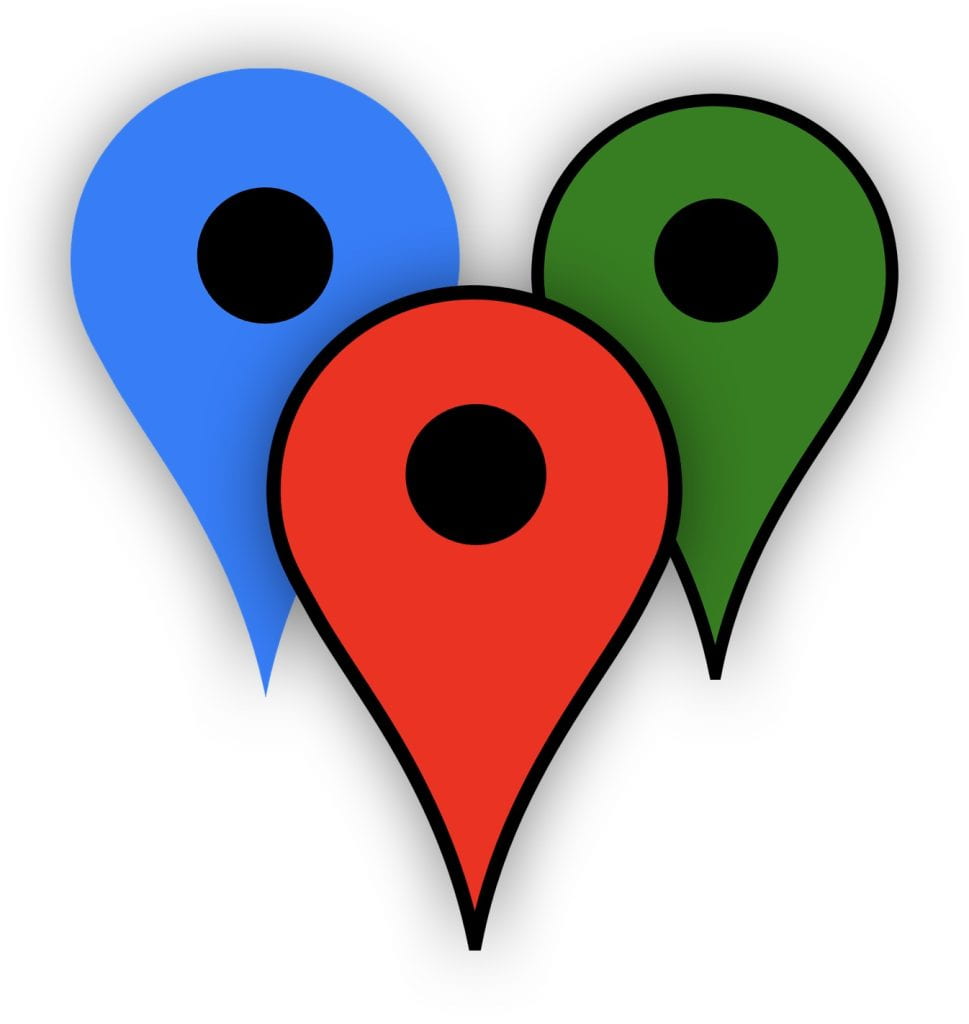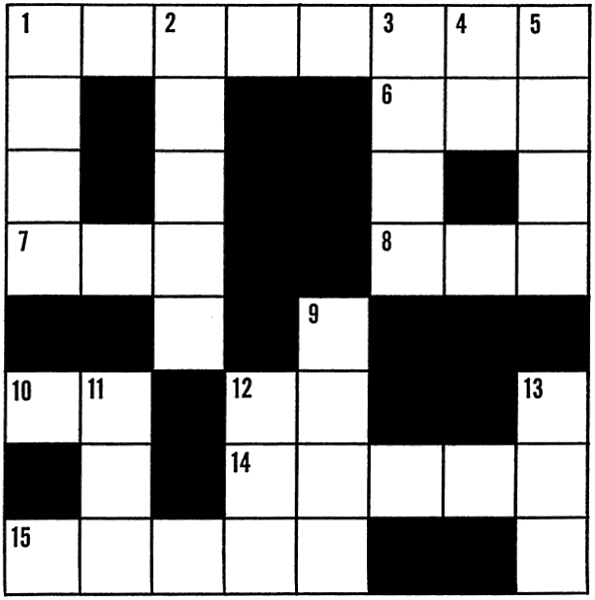Vocabulary for Describing City and Town Life 🏙️ 🏛️ 🚇 ☕
Published by Roslyn Green in April 2023
Quiz 1: Wohin gehen die Menschen?
Quiz 2: Minhs Tag in der Stadt
Wortliste | Word List
KEY: Masculine Nouns ♦ Feminine Nouns ♦ Neuter Nouns ♦ Plural Nouns
- das Altenheim – aged care facility
- die Bäckerei – bakery
- der Bahnhof – railway station
- die Buchhandlung – bookshop
- das Café – cafe
- das Einkaufszentrum – shopping centre
- der Flughafen – airport
- der Freizeitpark – amusement park
- das Fitnessstudio – gym
- das Gymnasium – academic high school
- die Haltestelle – (bus or tram) stop
- der Hafen – harbour
- der Hauptbahnhof – main railway station
- das Kaufhaus – department store
- das Kino – cinema
- das Krankenhaus – hospital
- das Museum – museum
- der Park – park
- die Post – post office
- das Rathaus – town hall
- das Stadion – stadium
- die Tankstelle – petrol station
- die U-Bahn – underground, subway
- der Zoo – zoo
Going Somewhere: zum | zur | in den | in die | ins ➡️
Masculine Place Nouns
Wir gehen
zum Supermarkt,
in den Supermarkt,
um Milch 🥛 zu kaufen.
- Both options above could be translated: We are going to the supermarket to buy milk.
- The word zum is a contraction of zu + dem. It is a convenient standard way of saying to the in German and is used with both masculine and neuter place nouns.
- The combination of in + the accusative article den can be used for to the if the ultimate destination is inside a building. For instance, in den Supermarkt gehen is an alternative translation of to go to the supermarket.
Feminine Place Nouns
Ich gehe
zur Bäckerei,
in die Bäckerei,
zur Post,
auf die Post,
um Brot 🍞 zu kaufen.
um ein Paket 📦 zu schicken.
- Both Bäckerei options above could be translated: I am going to the bakery to buy bread.
- Both Post options above could be translated: I am going to the post office to send a parcel.
- The word zur is a contraction of zu + der. It is a convenient standard way of saying “to the” in German before feminine place nouns.
- The combination of in + the accusative article die can be used for to the if the ultimate destination is inside a building. This means that the phrase in die Bäckerei gehen is an alternative translation of to go to the bakery.
Neuter Place Nouns
Sie gehen
zum Fitnessstudio,
ins Fitnessstudio,
um zu trainieren 🏋🏾.
- Both options above could be translated: They are going to the gym to work out.
- The word zum is a contraction of zu + dem. It is a convenient standard way of saying to the in German and is used with both neuter and masculine place nouns.
- The word ins is a contraction of in + das. The combination of in + the accusative article das can be used for to the if the ultimate destination is inside a building. Therefore, ins Fitnessstudio gehen is an alternative translation of to go to the gym.
Bildlexikon: Die Stadt
das Altenheim oder das Seniorenheim – aged care facility
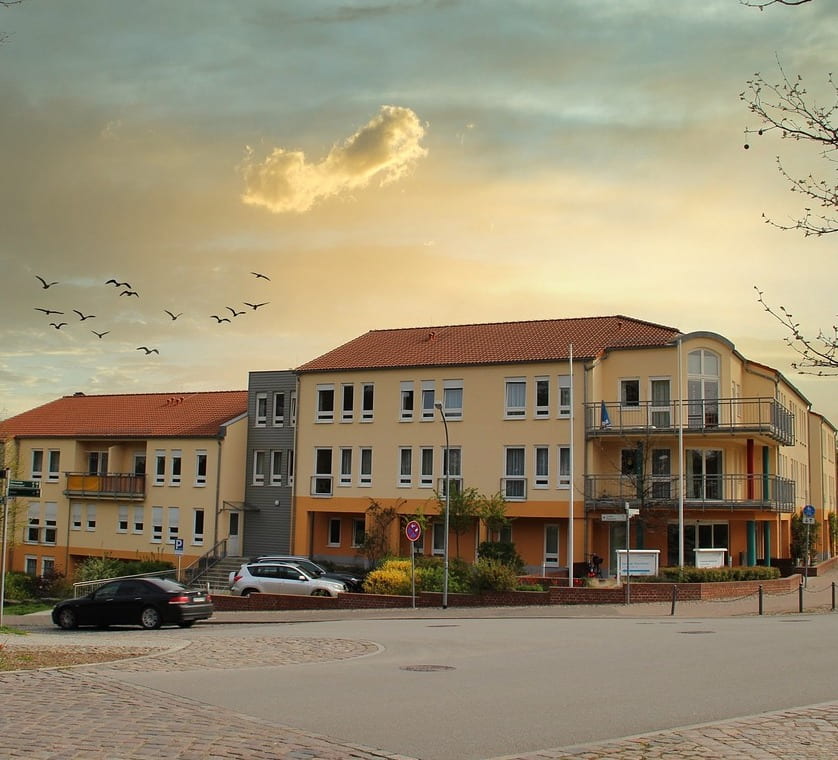
Ältere Menschen wohnen oft in einem Altenheim, wo sie Unterstützung und Hilfe erhalten können. – Older people often live in an aged care facility, where they can receive support and help.
die Bäckerei – bakery
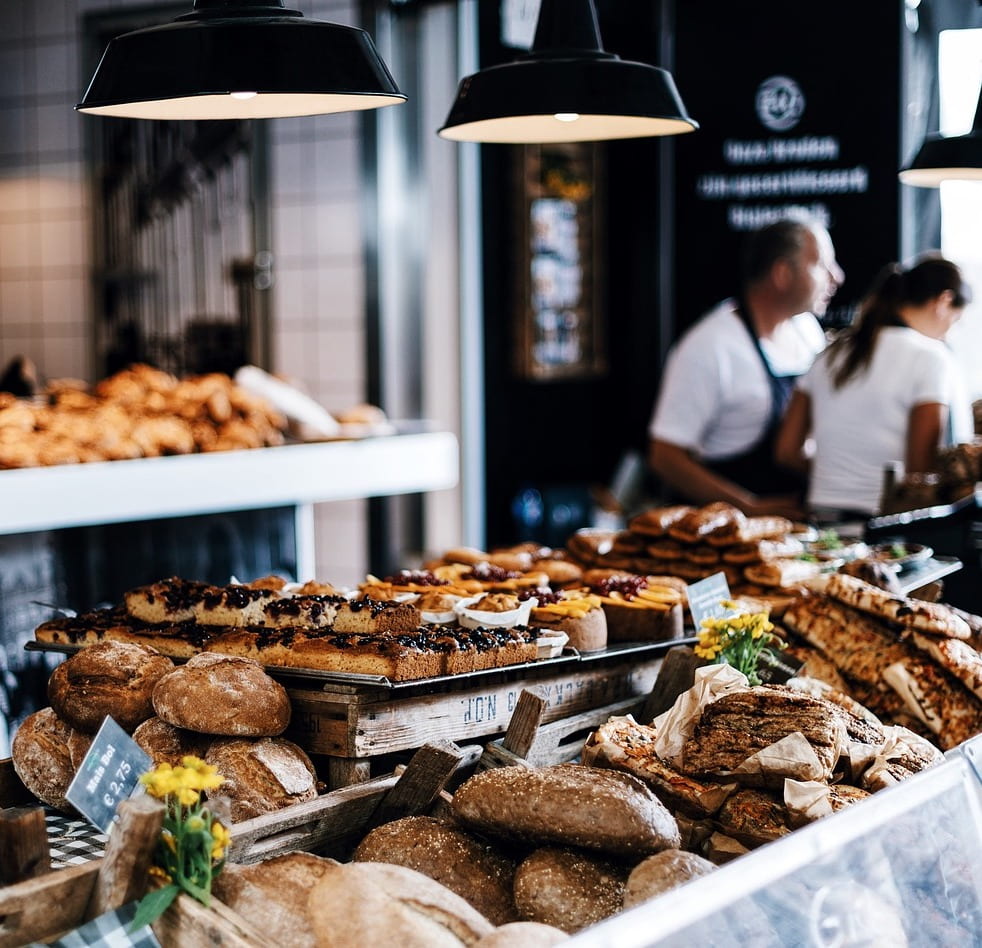
In der Bäckerei kann man Brötchen und leckere Kuchen kaufen. – You can buy bread rolls and delicious cakes in the bakery.
der Bahnhof – railway station
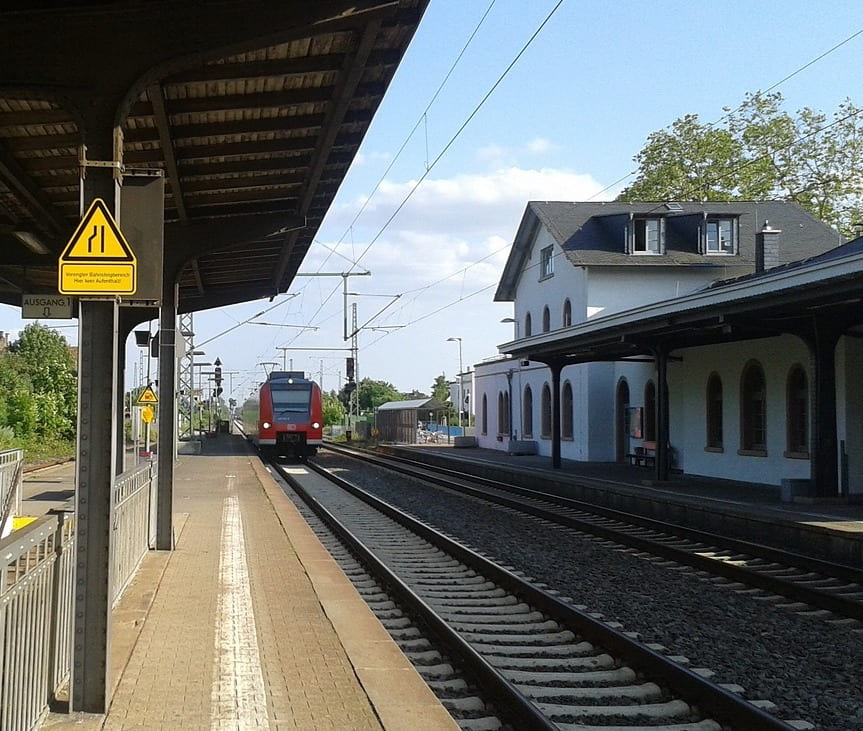
Image by PayPal.me/FelixMittermeier from Pixabay
Kannst du mich vom Bahnhof abholen? – Can you pick me up from the railway station?
die Buchhandlung –
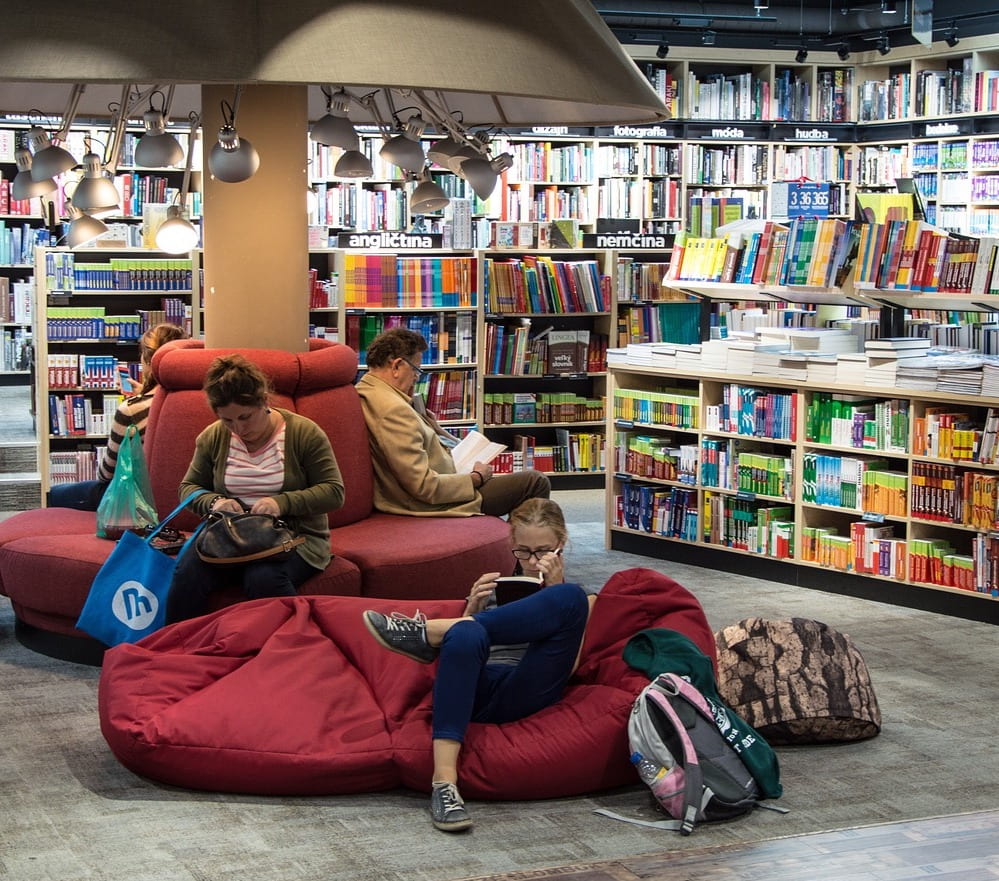
Diese Menschen genießen die Ruhe in der Buchhandlung. – These people are enjoying the peace and quiet in the bookshop.
das Café– café
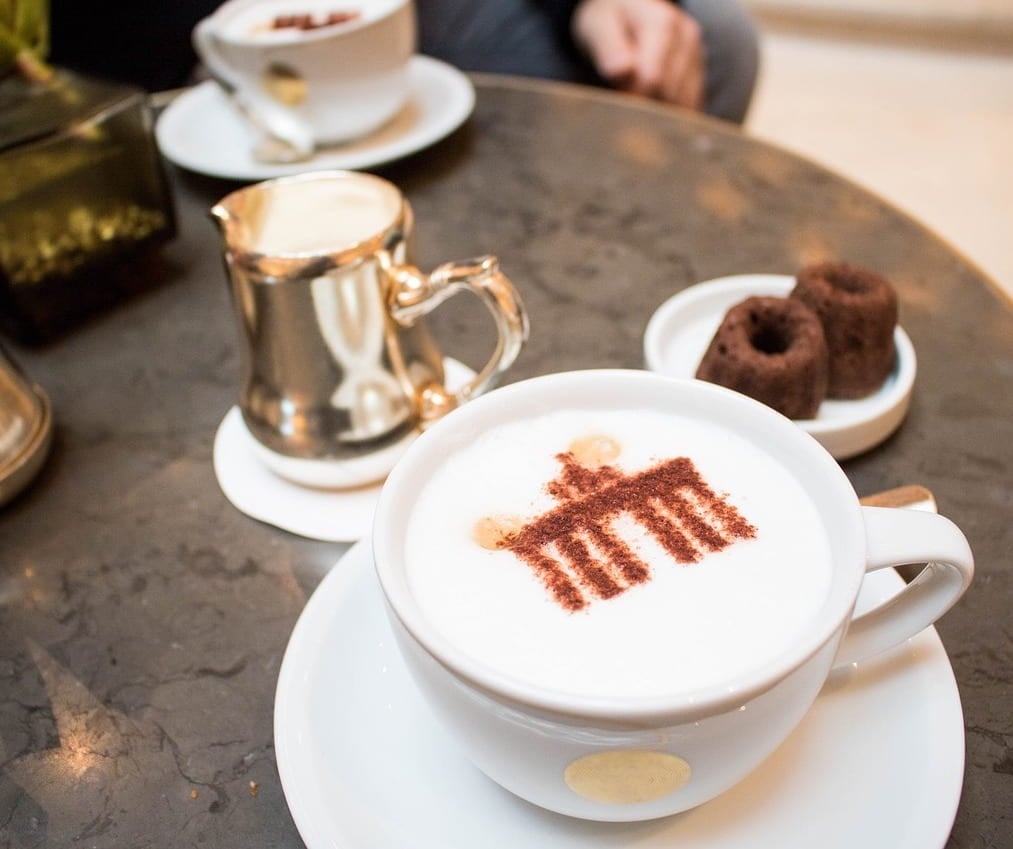
Image by Napoleonia from Pixabay
Wollen wir schnell einen Kaffee trinken? In der Nähe des Brandenburger Tors gibt es ein kleines Café. – Shall we have a quick coffee? There’s a little café near the Brandenburg Gate.
das Fitnessstudio – fitness centre, gym
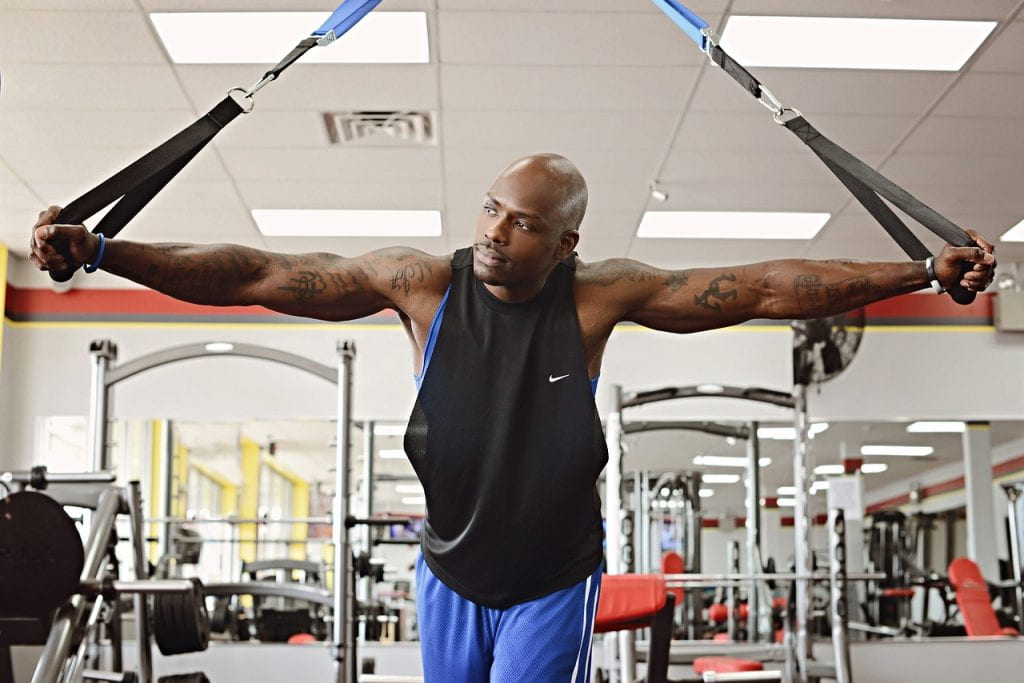
Image by Wayne Howard from Pixabay
Ich gehe gern ins Fitnessstudio. Es hält mich fit. – I like going to the gym. It keeps me fit.
der Flughafen – airport

Image by Jan Vašek from Pixabay
Kannst du mich zum Flughafen fahren? Mein Flug geht am Freitag. – Can you drive me to the airport? My flight leaves on Friday.
der Freizeitpark – amusement park

Image by Michael Baragwanath from Pixabay
Wir gehen morgen in den Freizeitpark. Ich fahre hoffentlich mit der Achterbahn! – We’re going to the amusement park tomorrow. I hope to go on the roller coaster.
das Gymnasium – high school

Bild von Gundula Vogel auf Pixabay (a high school in Templin in the rural district of Uckermark)
Ein Gymnasium in Deutschland ist eine akademische Schule. – A “Gymnasium” in Germany is an academic high school.
der Hafen – harbour

Bild von Karsten Bergmann auf Pixabay
Der Hamburger Hafen ist spektakulär. Auf diesem Bild sieht man auch den Uhrturm. – The Hamburg harbour is spectacular. In this picture you can also see the clock tower.
die Haltestelle – bus or tram stop

Bild von Sofia Layla Thal auf Pixabay
Das ist eine Bushaltestelle in Polen. Die Kinder fahren mit dem Bus zur Schule. – This is a bus stop in Poland. The children take the bus to school.
der Hauptbahnhof – main railway station

Image by Rebecca Holm from Pixabay
Auf diesem Foto siehst du den Hauptbahnhof von Berlin, der Hauptstadt von Deutschland. – In this picture you can see the main railway station of Berlin, the capital of Germany.
das Kaufhaus – department store
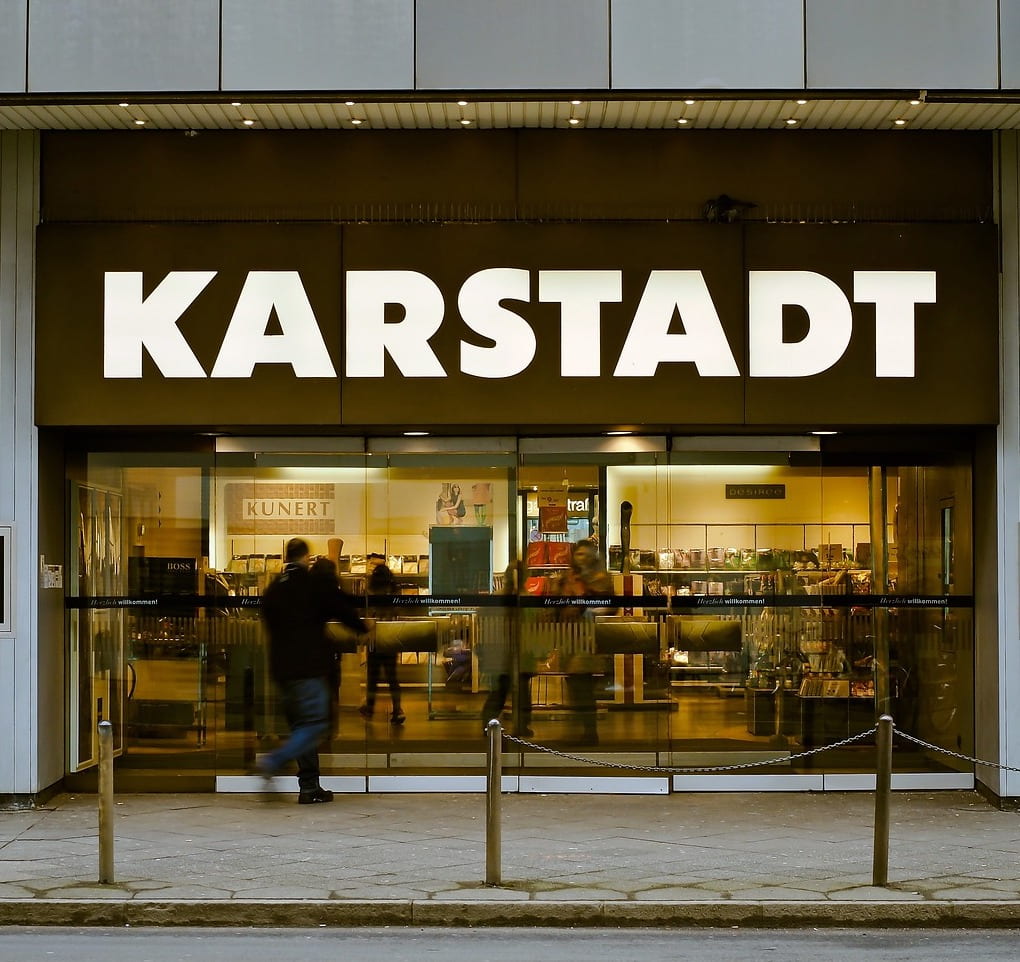
Bild von Hands off my tags! Michael Gaida auf Pixabay
In einem Kaufhaus kann man viele verschiedene Waren finden. – In a department store, you can find many different goods.
das Krankenhaus – hospital
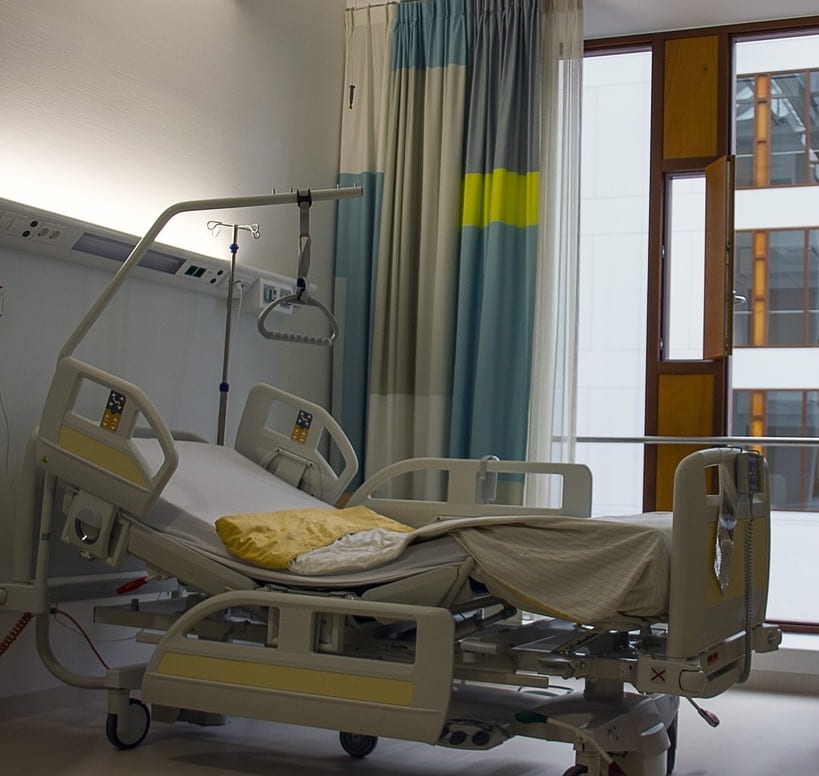
Bild von Cor Gaasbeek auf Pixabay
Meine Mutter bringt meinen Großvater ins Krankenhaus. – My mother is taking my grandfather to hospital.
das Museum – museum

In einem Museum kann man eine Menge über Geschichte und andere Kulturen lernen. – In a museum you can learn a great deal about history and other cultures.
der Park – park
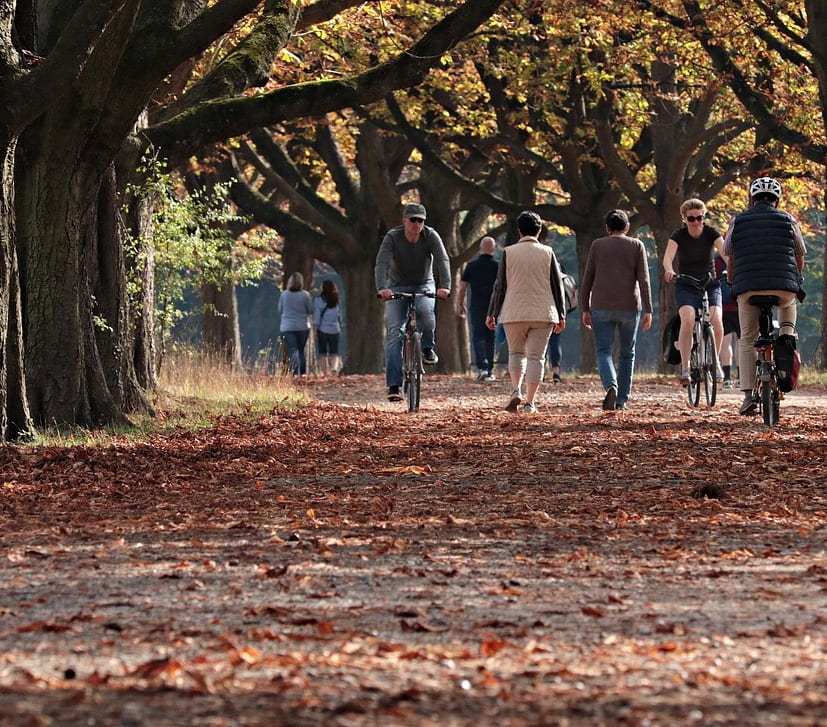
Bild von S. Hermann / F. Richter auf Pixabay
Viele Menschen gehen gern im Park spazieren. – Many people enjoy walking in the park.
die Post – post office
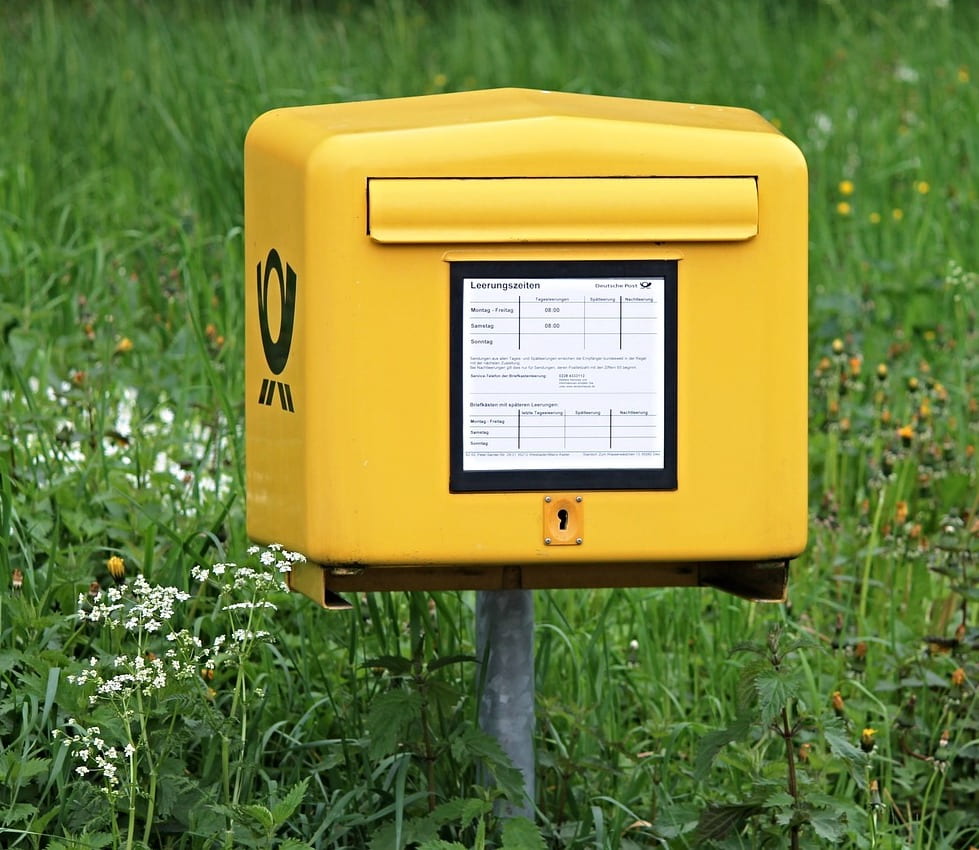
Bild von Manfred Richter auf Pixabay
Mein Vater geht auf die Post, um einen Brief zu schicken. – My father is going to the post office to send a letter.
das Rathaus – town hall
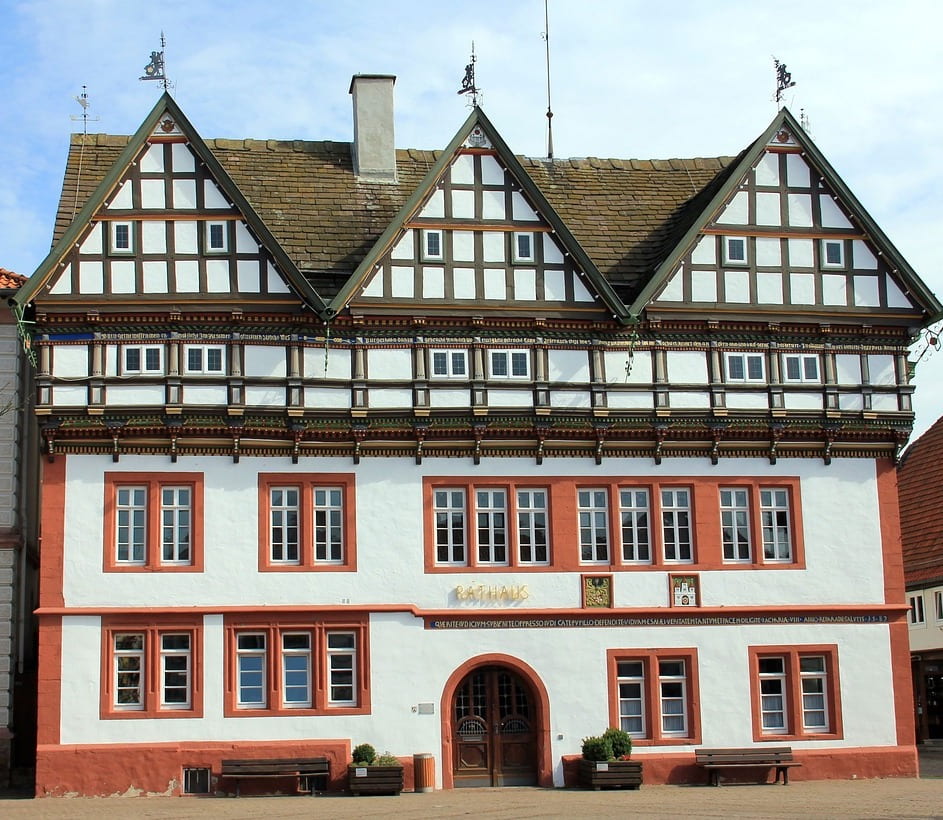
In vielen Städten ist das Rathaus ein schönes altes Gebäude. – In many cities, the town hall is a beautiful old building.
das Stadion – stadium

Bild von Marco Pomella auf Pixabay
Tausende von Fußballfans gehen gerne ins Stadion, um sich ein Fußballspiel anzusehen. – Thousands of football fans like going to the stadium to watch a football game.
die Tankstelle – petrol station

Bild von IADE-Michoko auf Pixabay
Mein Auto braucht Benzin. Welche Tankstelle hat das günstigste Benzin?
die U-Bahn – underground, subway, tube
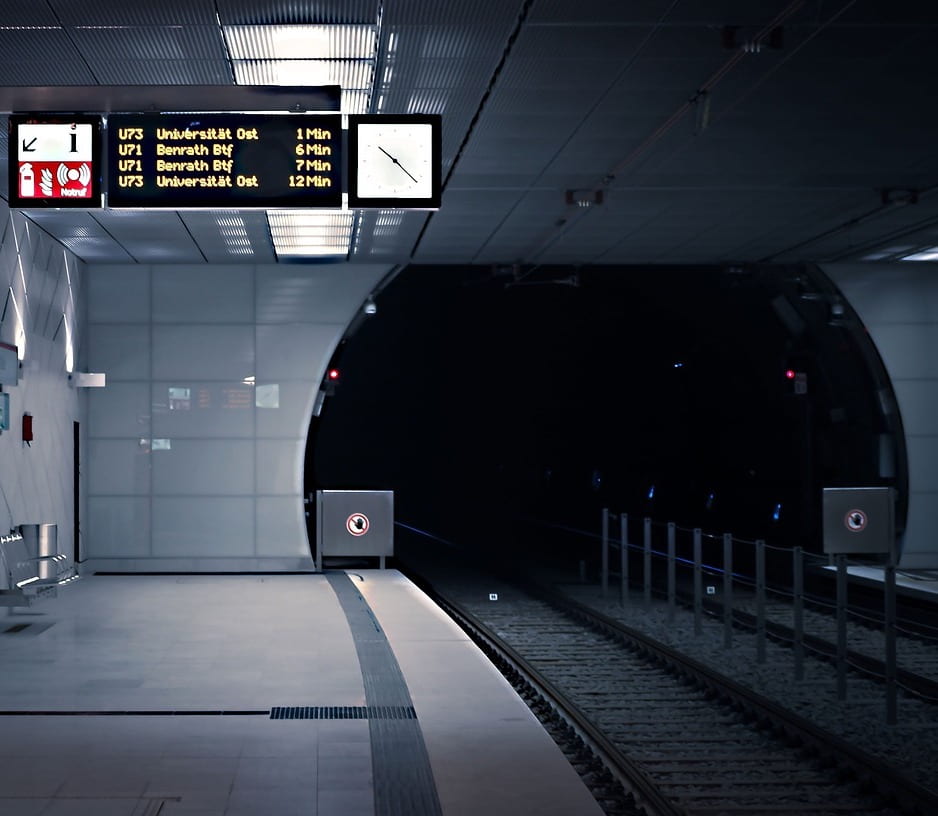
Bild von Hands off my tags! Michael Gaida auf Pixabay
– Fahren wir mit dem Bus zum Flughafen? – Oh nein, es ist viel schneller mit der U-Bahn.
– Are we taking the bus to the airport? – Oh no, it’s much faster on the subway.
der Zoo – zoo
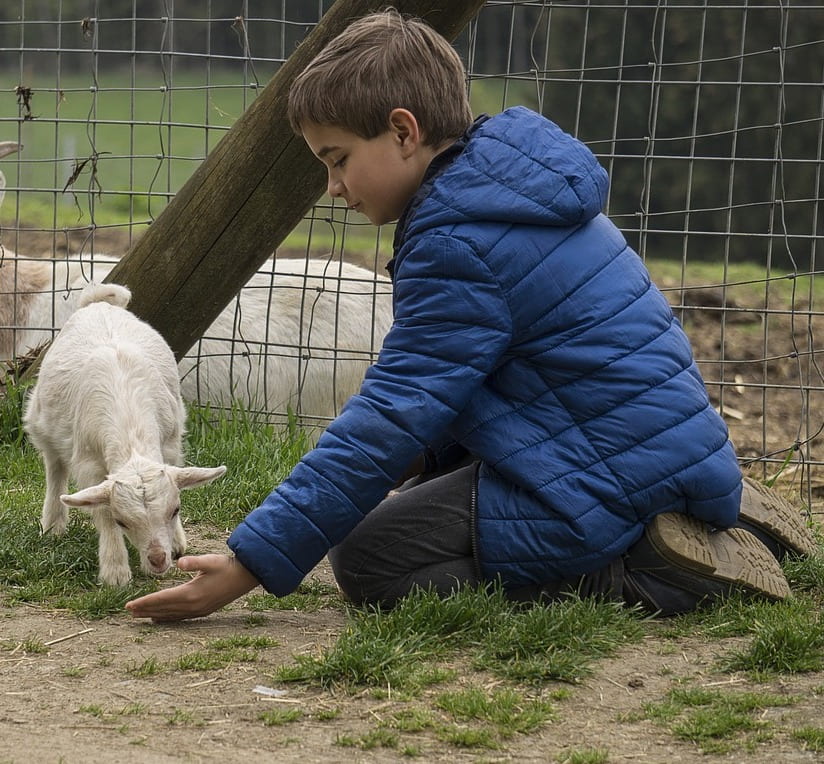
Bild von Alexandra_Koch auf Pixabay
In manchen Zoos dürfen Kinder die Tiere füttern. – In some zoos, children are allowed to feed the animals.
Quizzes
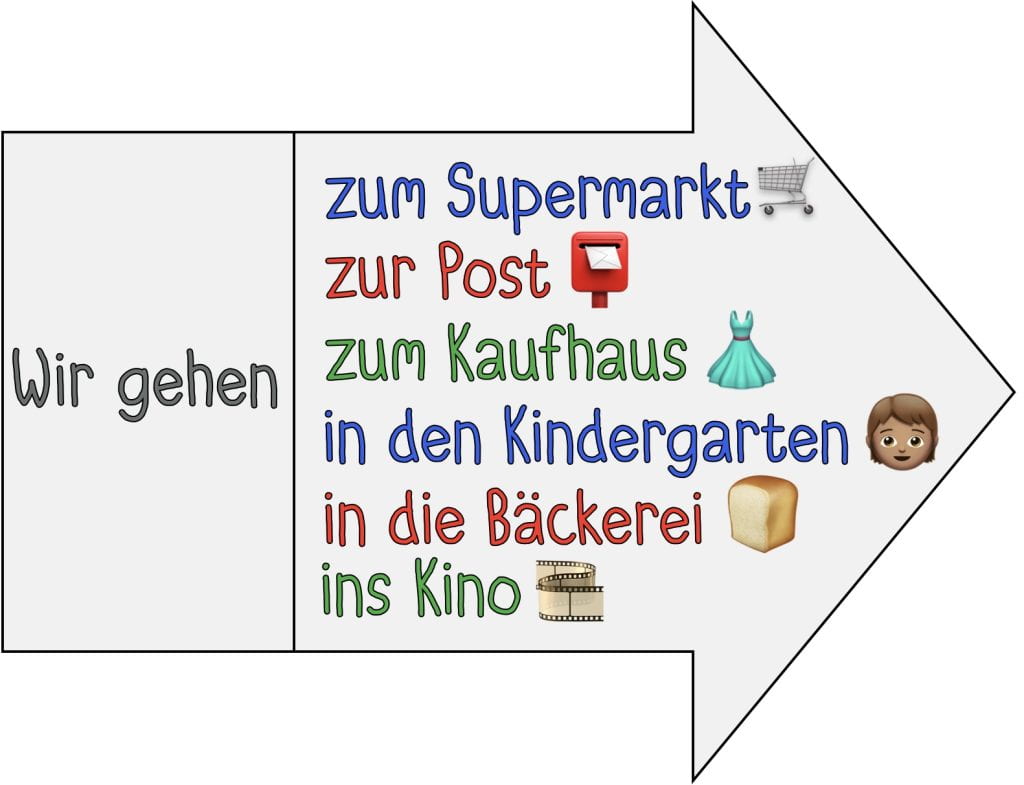
Quiz: Wohin gehen die Menschen? | Where are the people going? 
This quiz is about different kinds of people moving around the city and going to many of the places described in the Bildlexikon above.
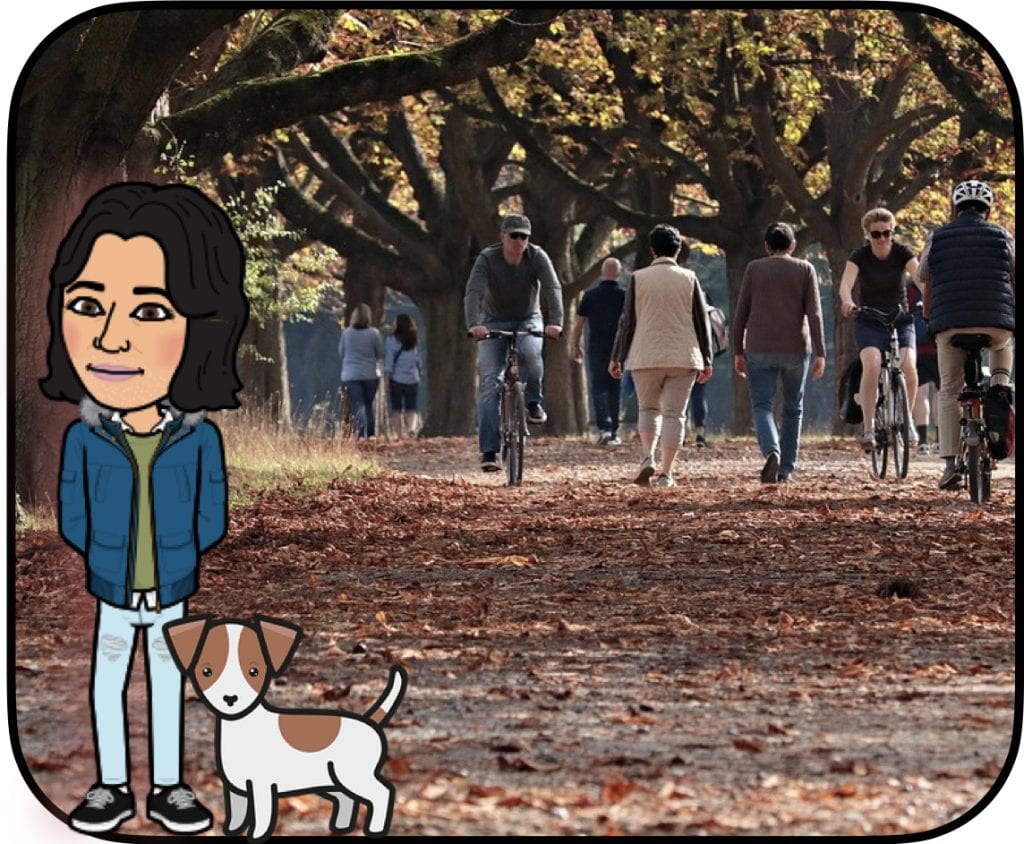
Quiz: Minhs Tag in der Stadt | Minhs Day in the City 
Minh fits a lot into a day and visits many places in her city. This is a picture quiz with sentences and fill-the-gap tasks to help with consolidating the wording in the Bildlexikon above.
